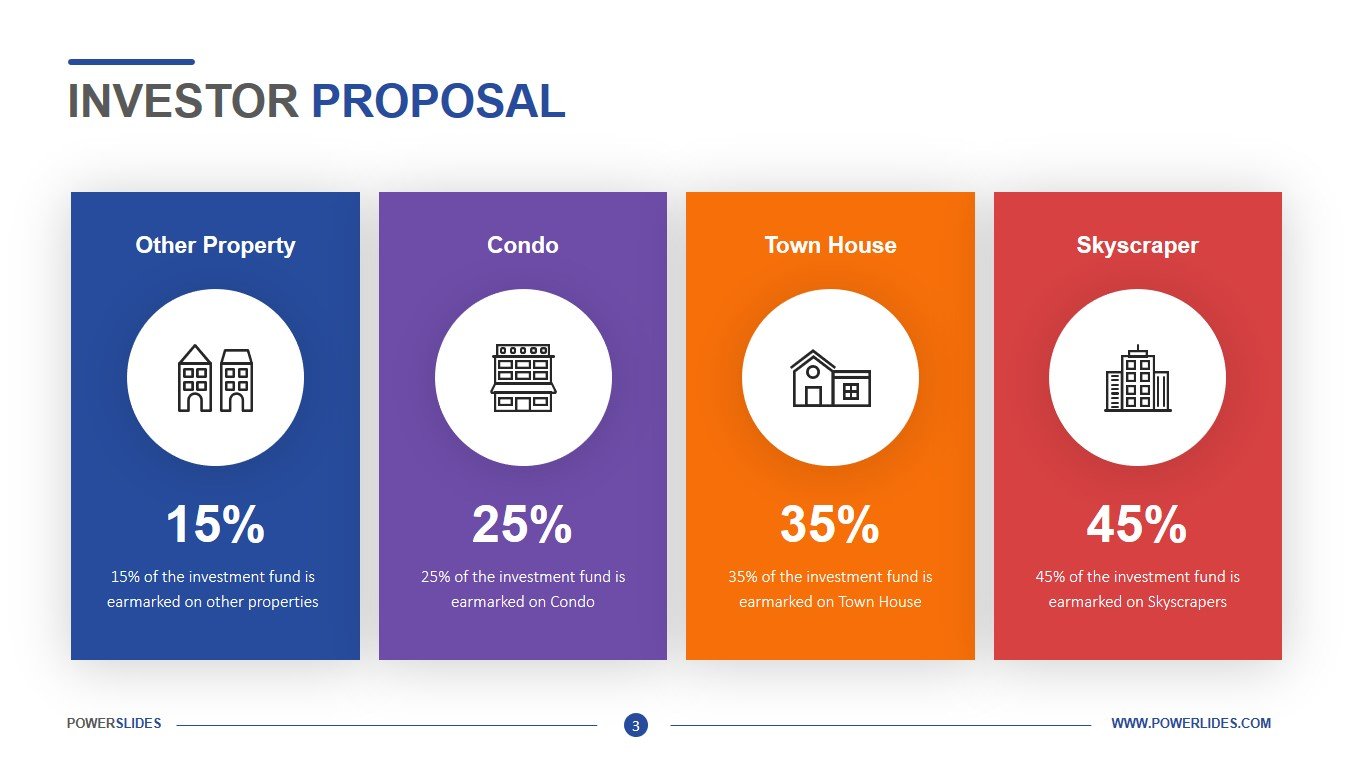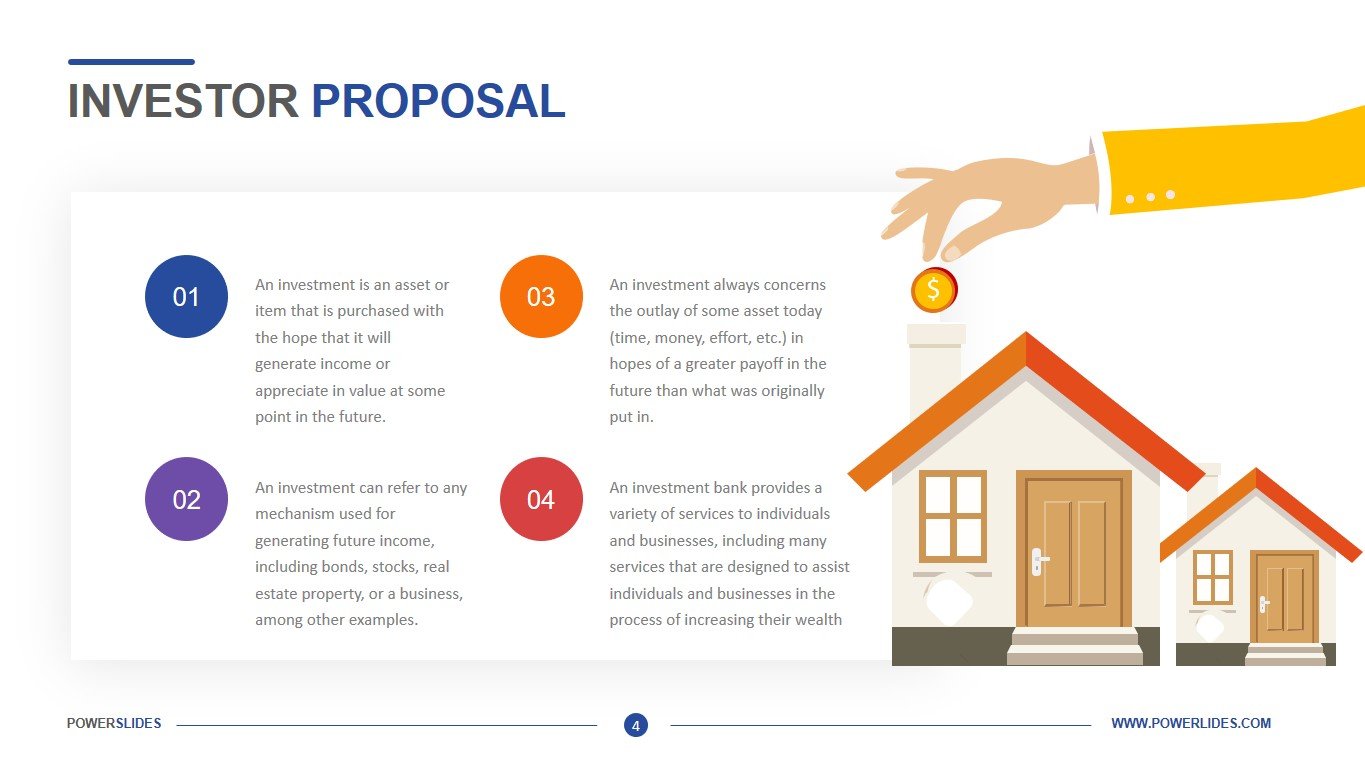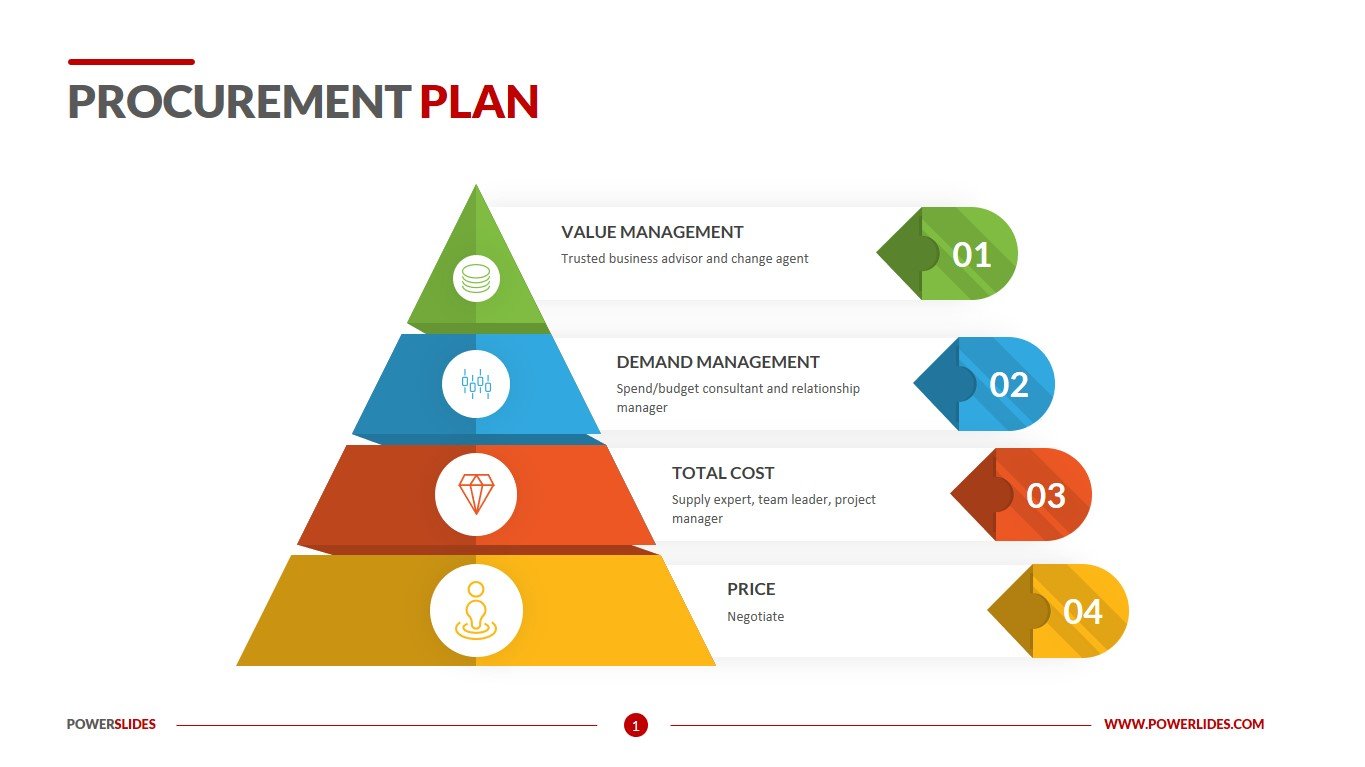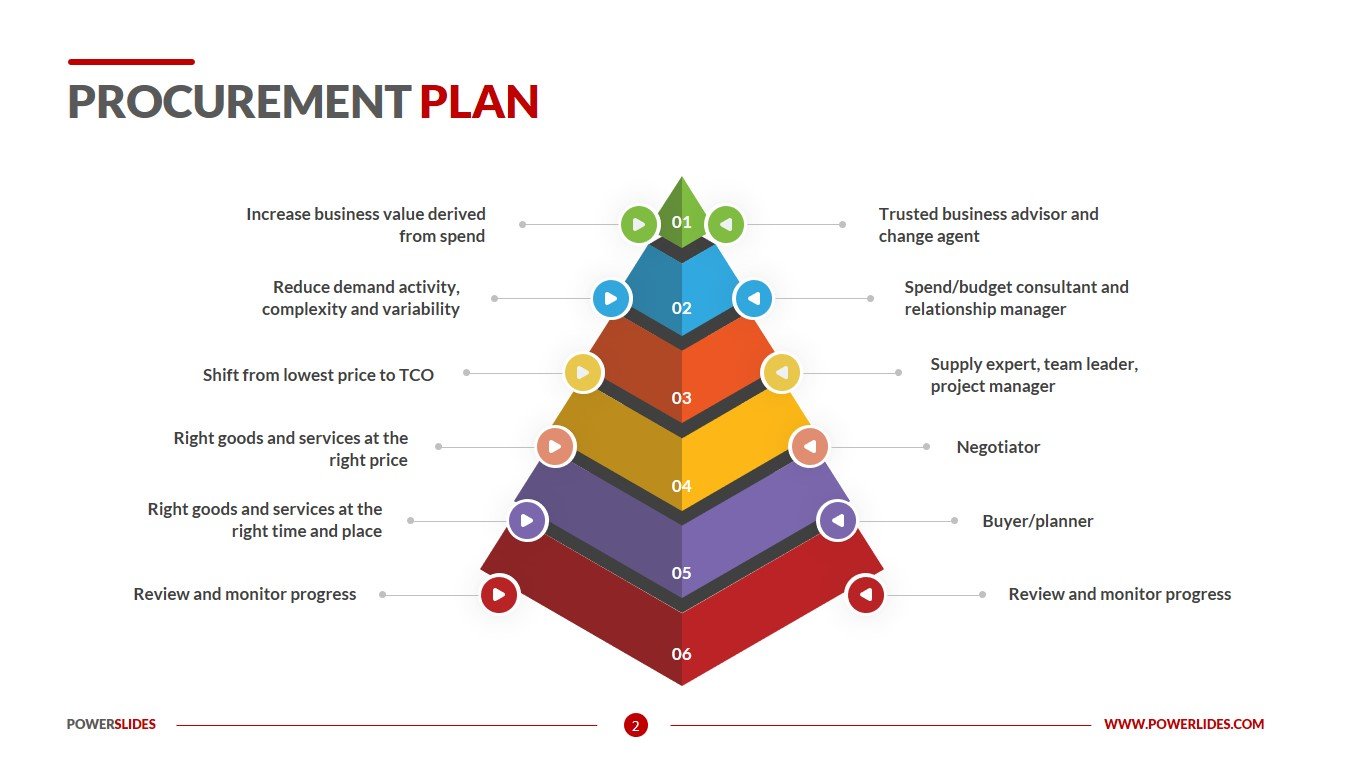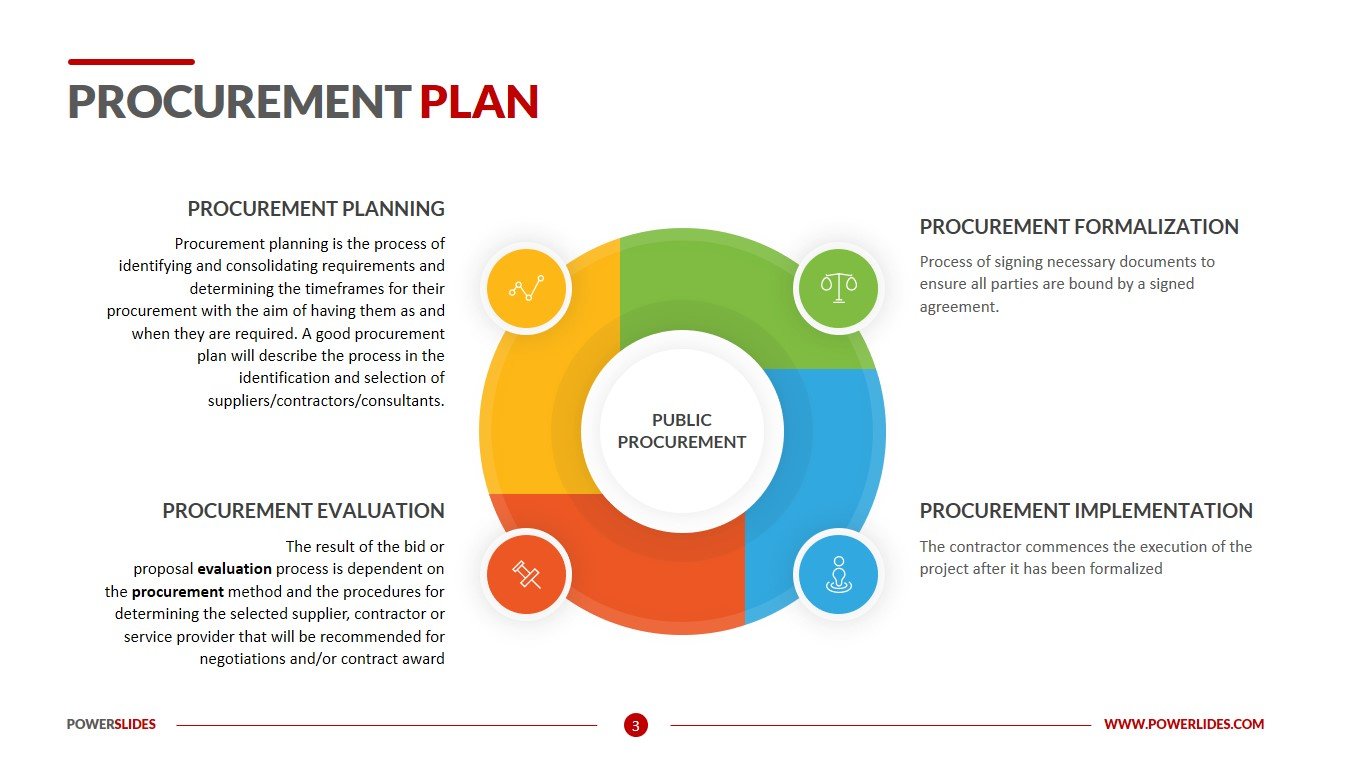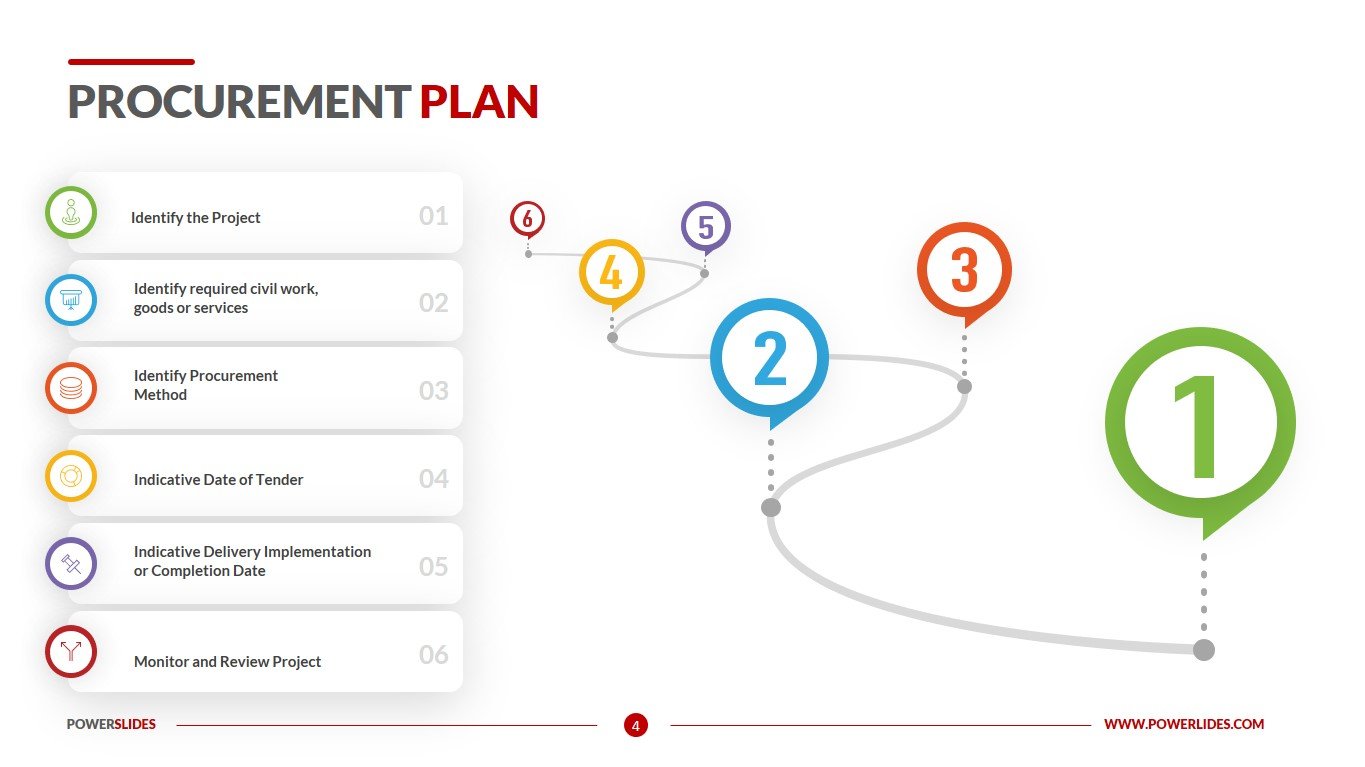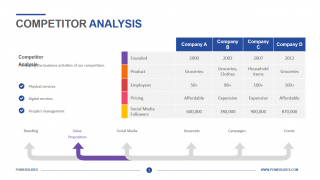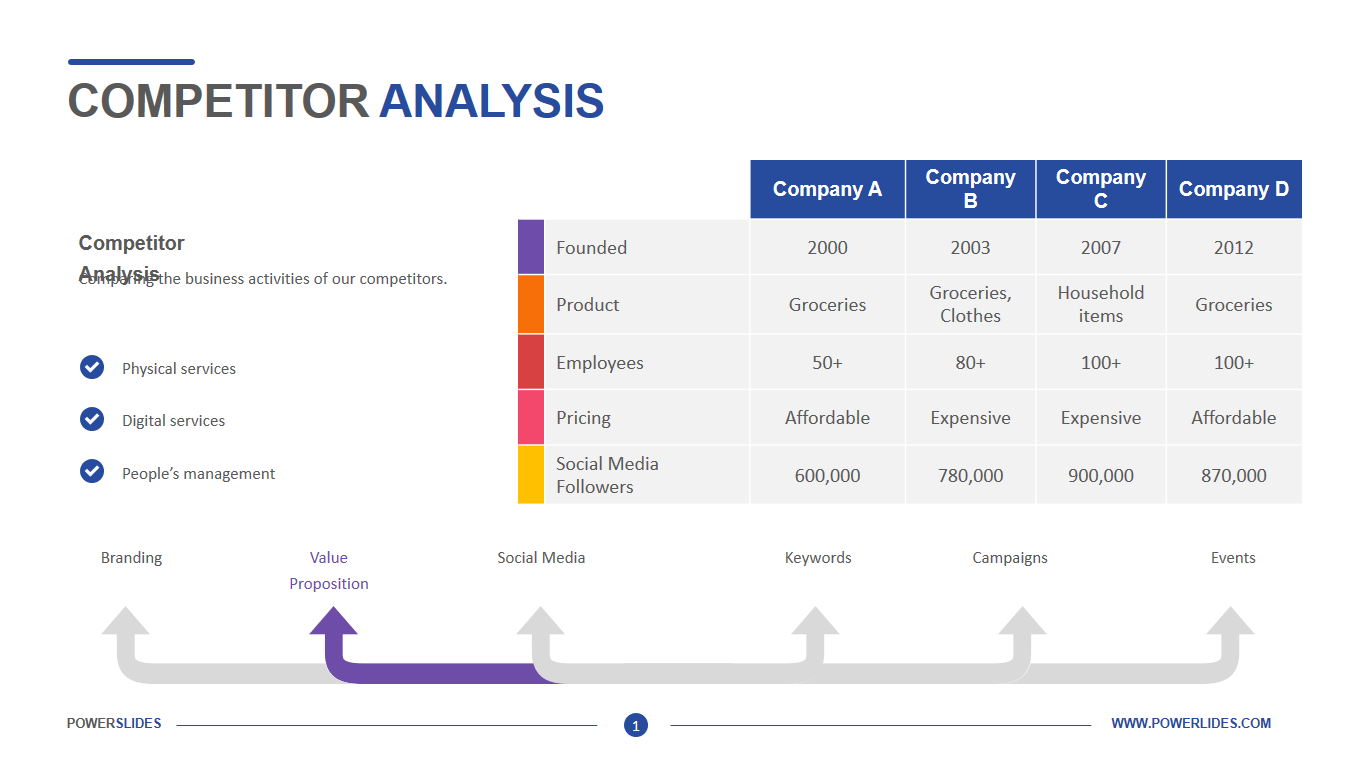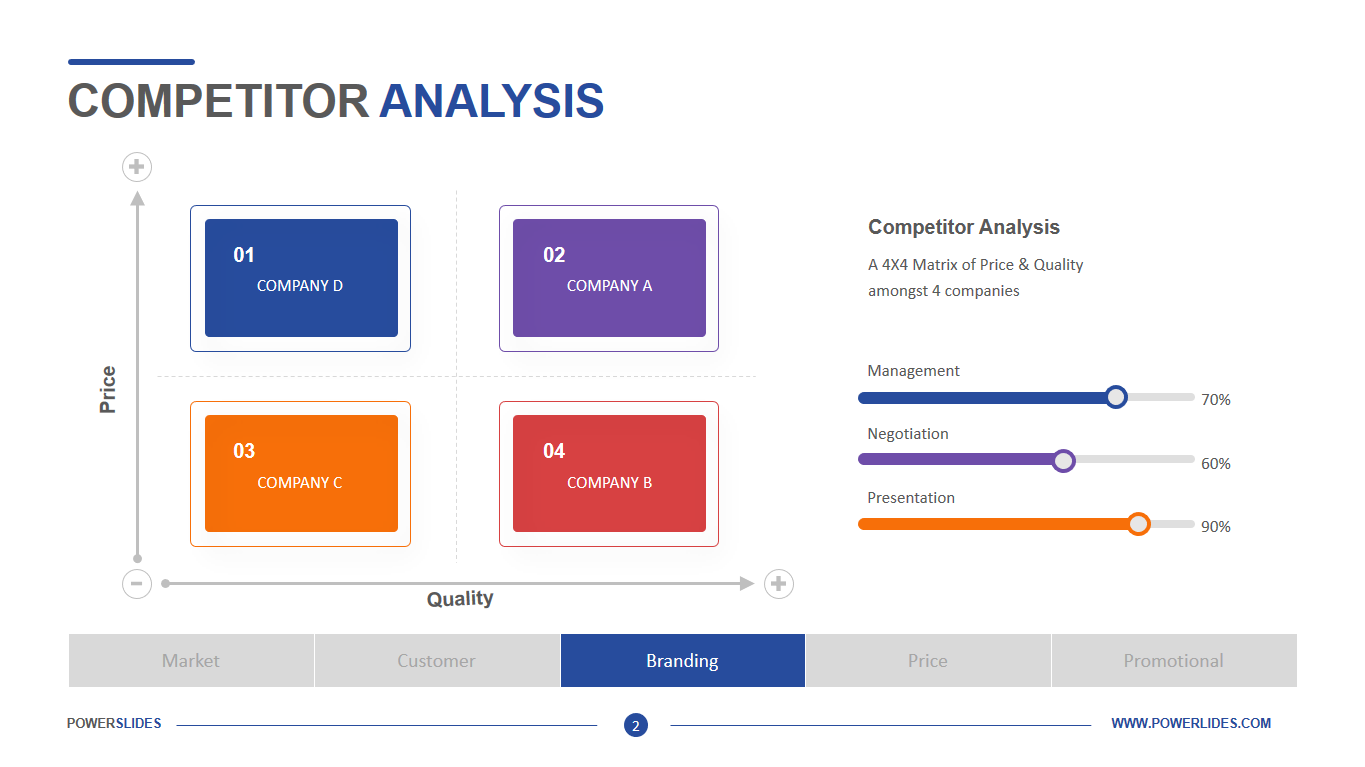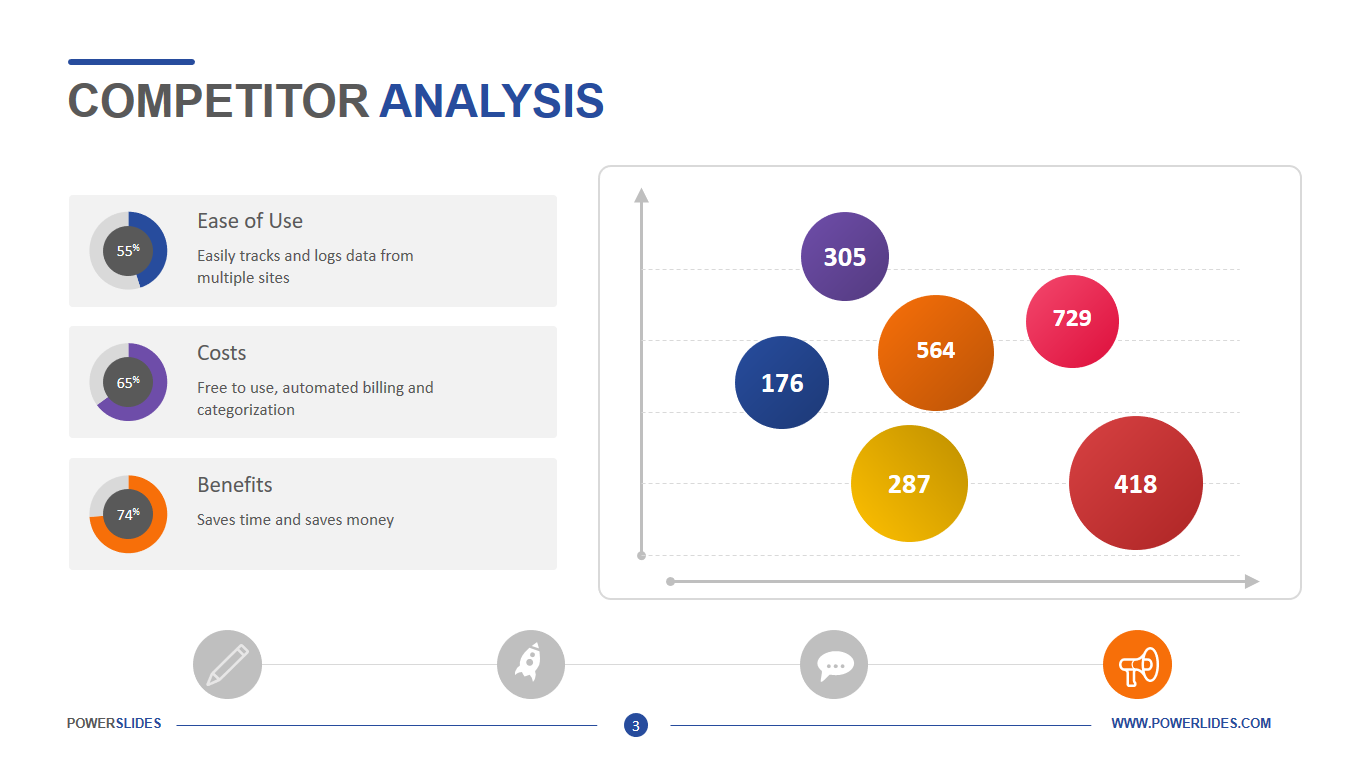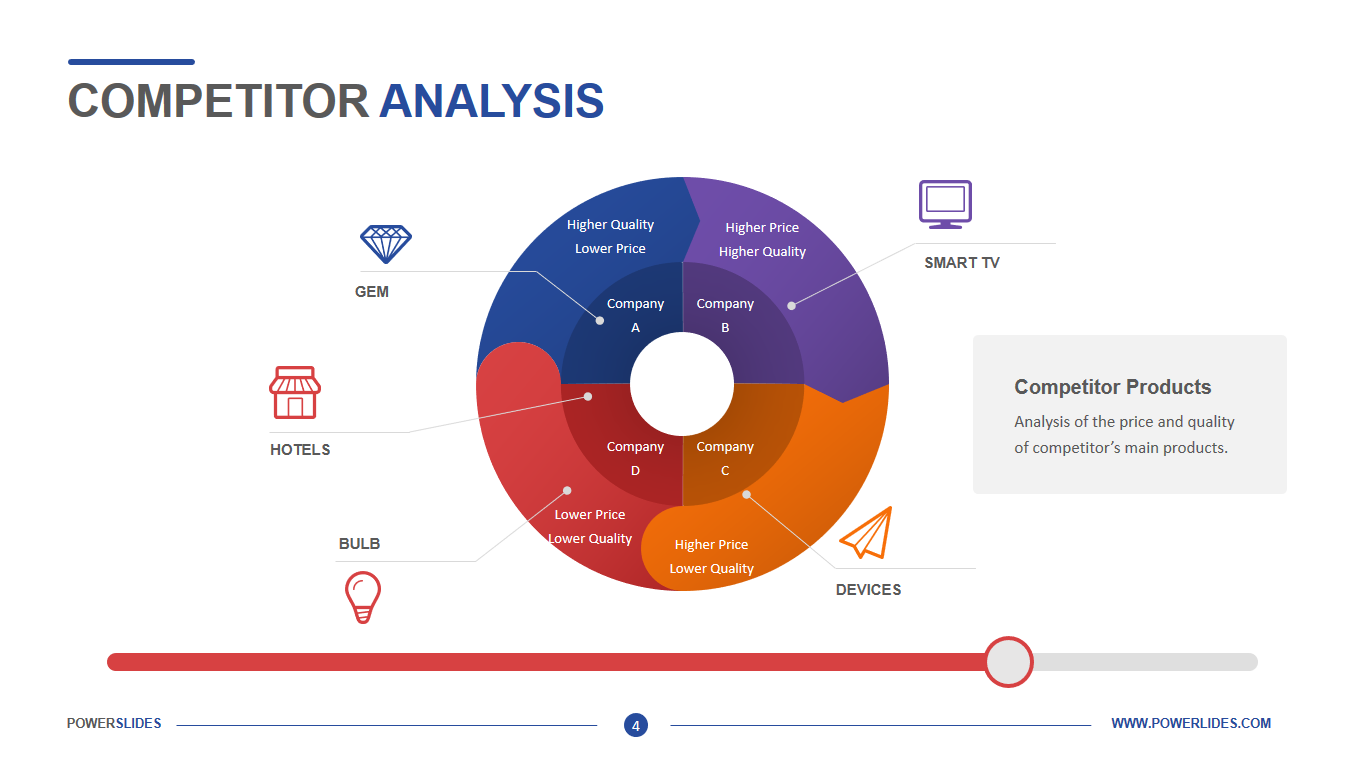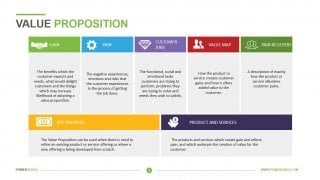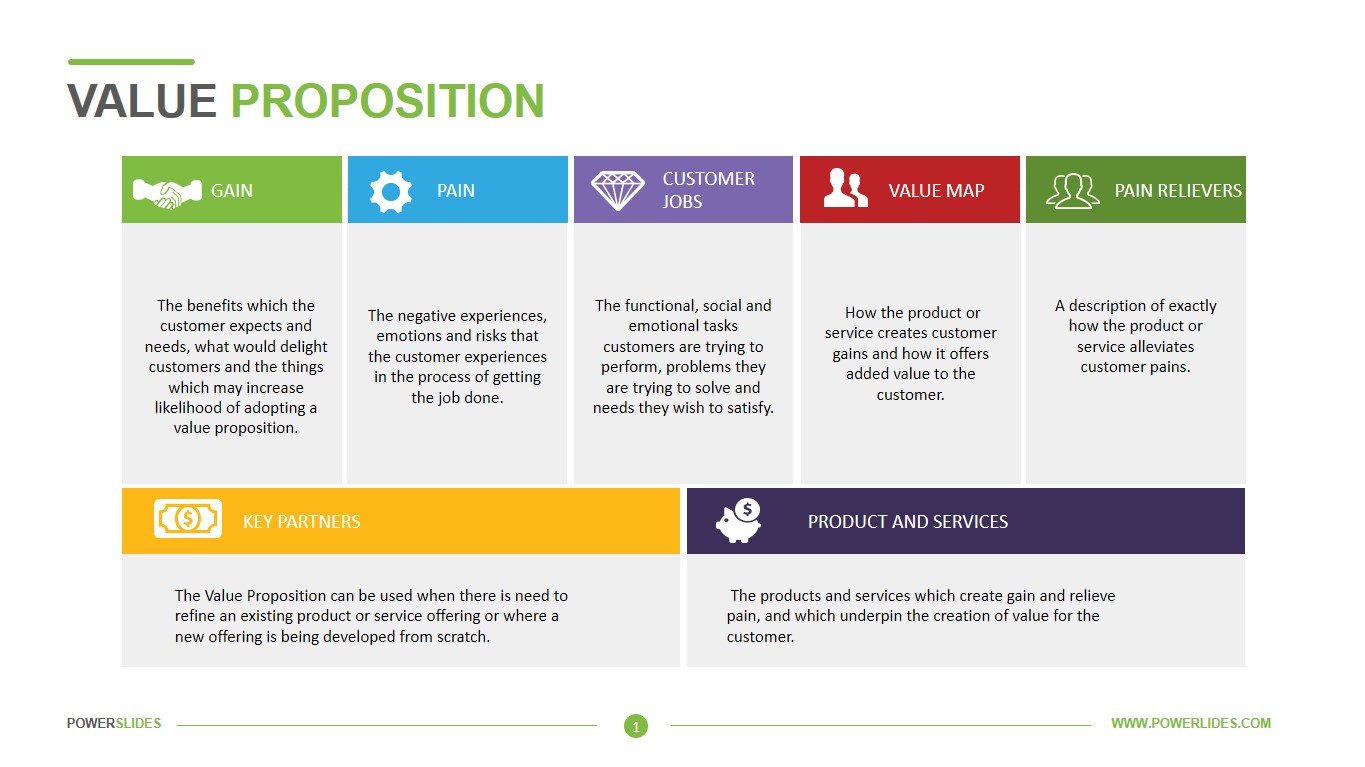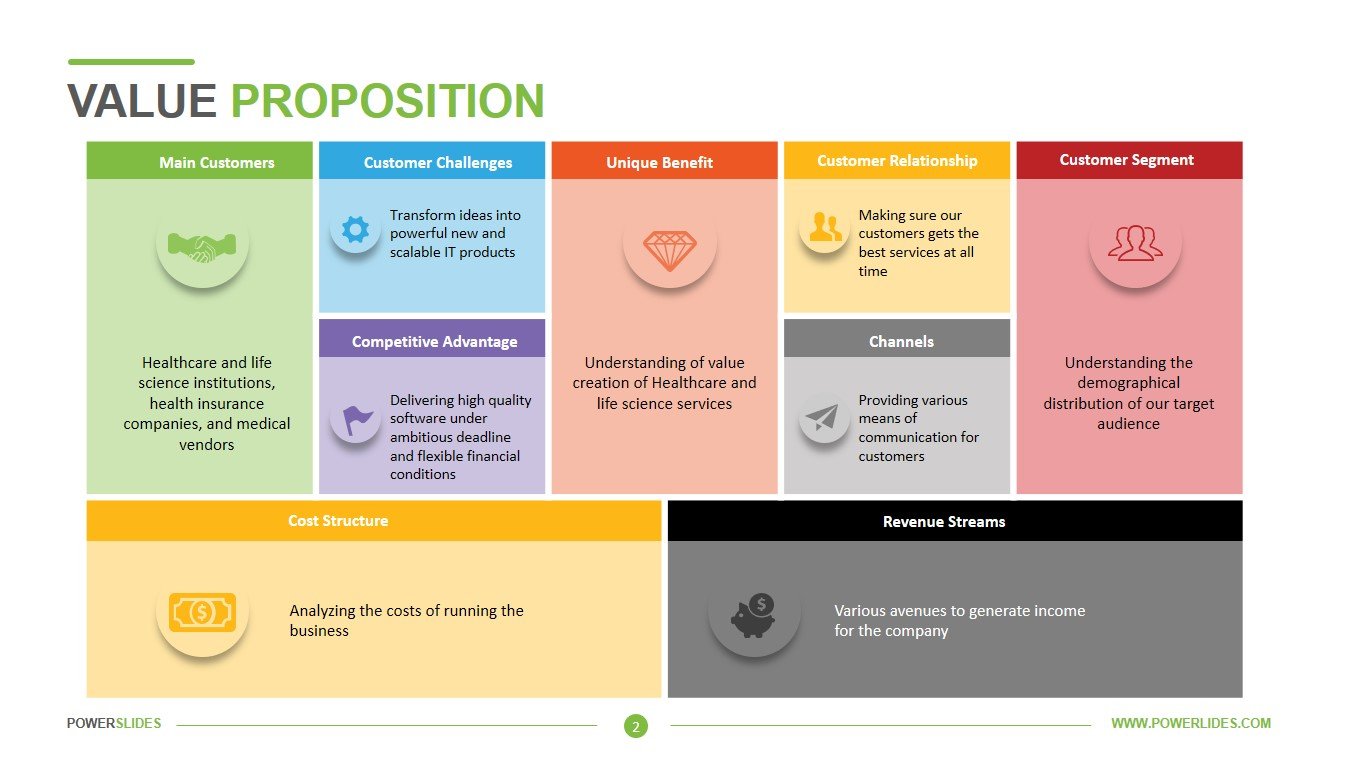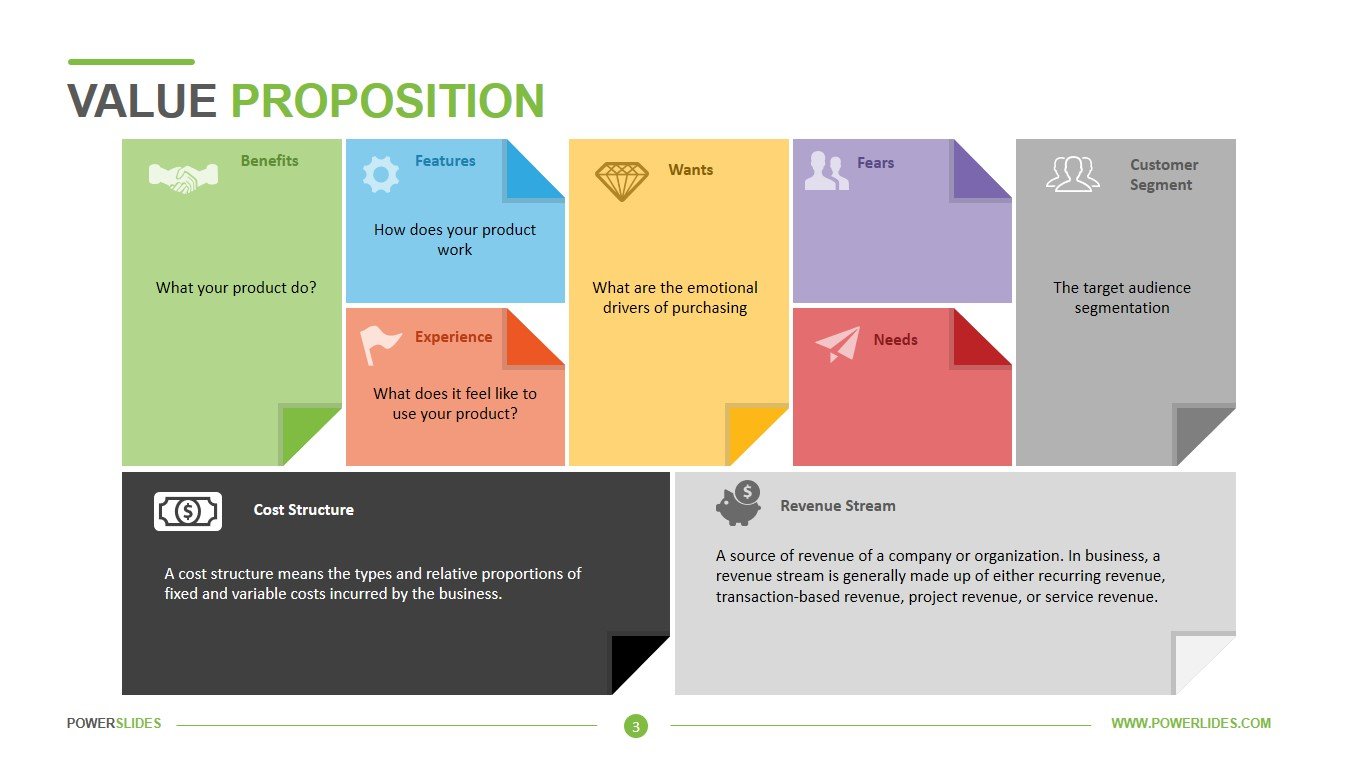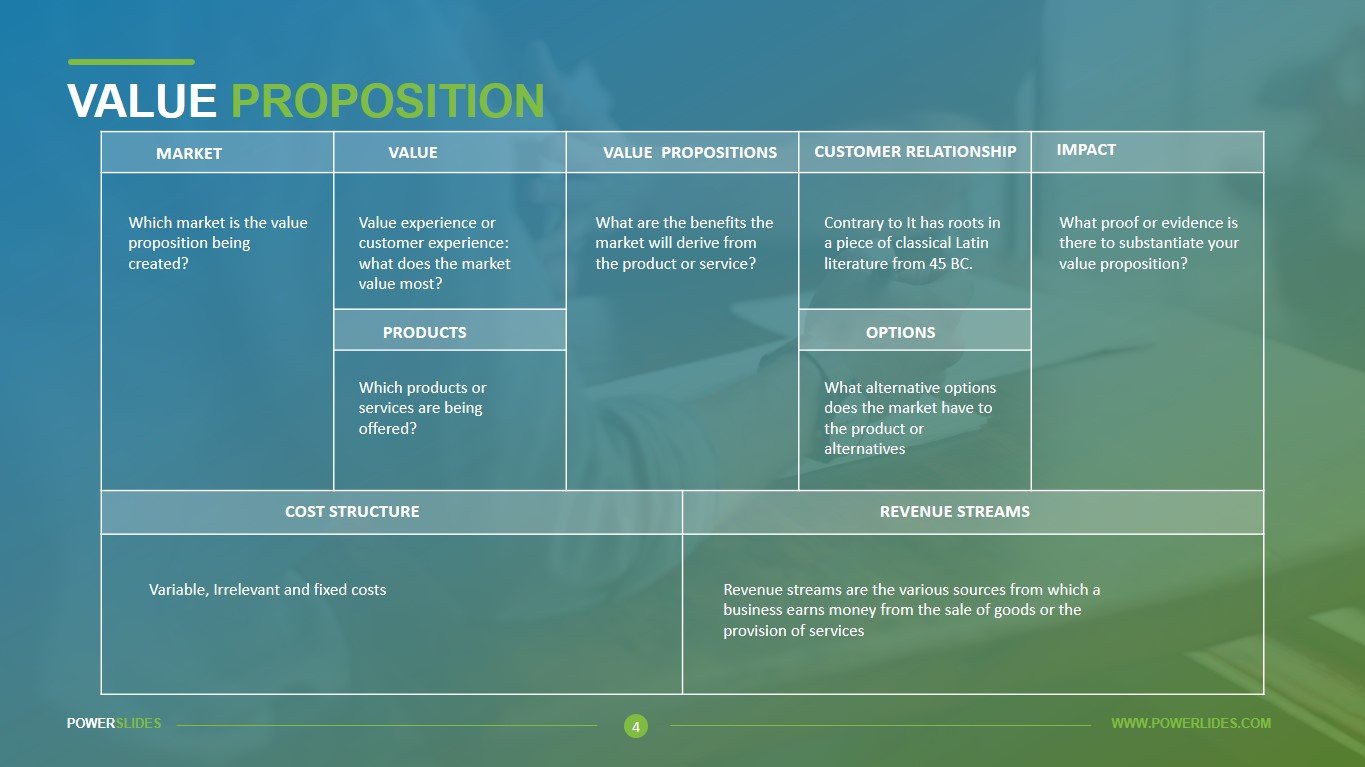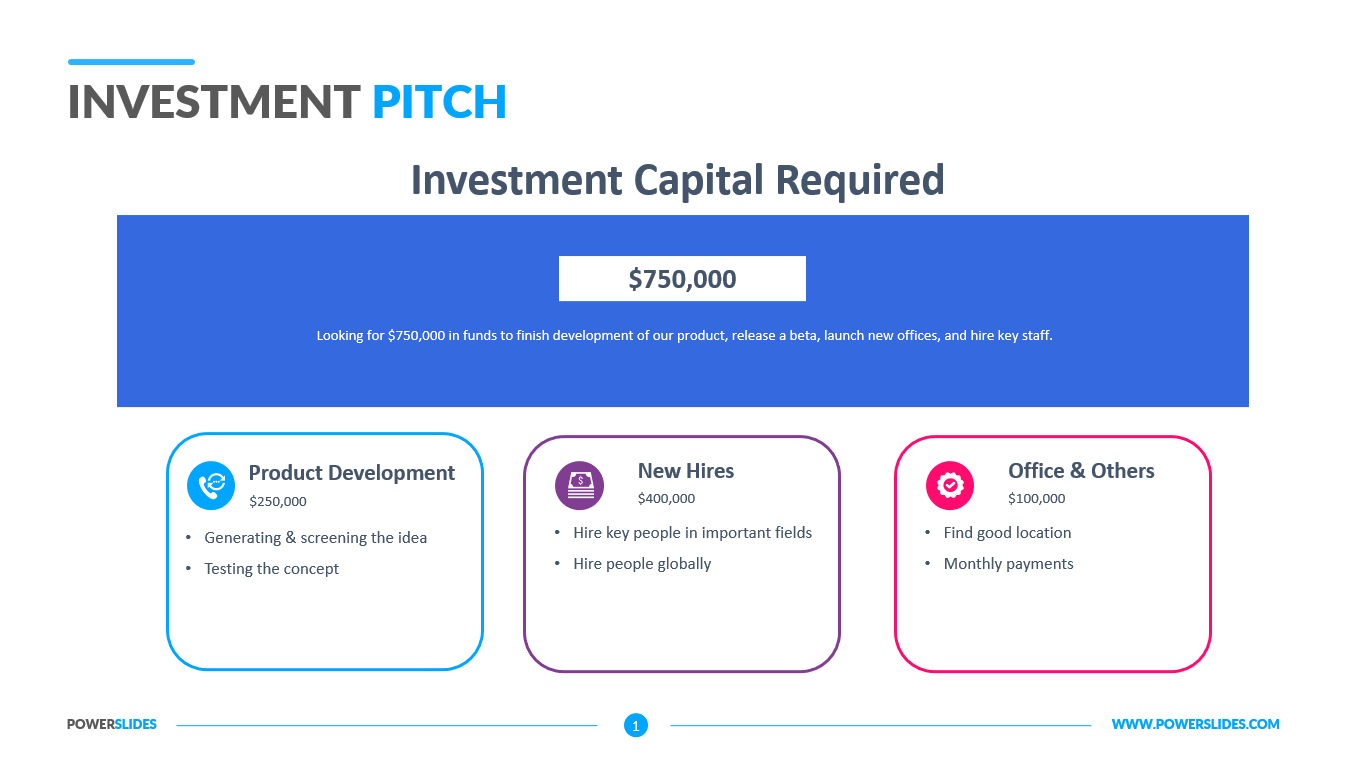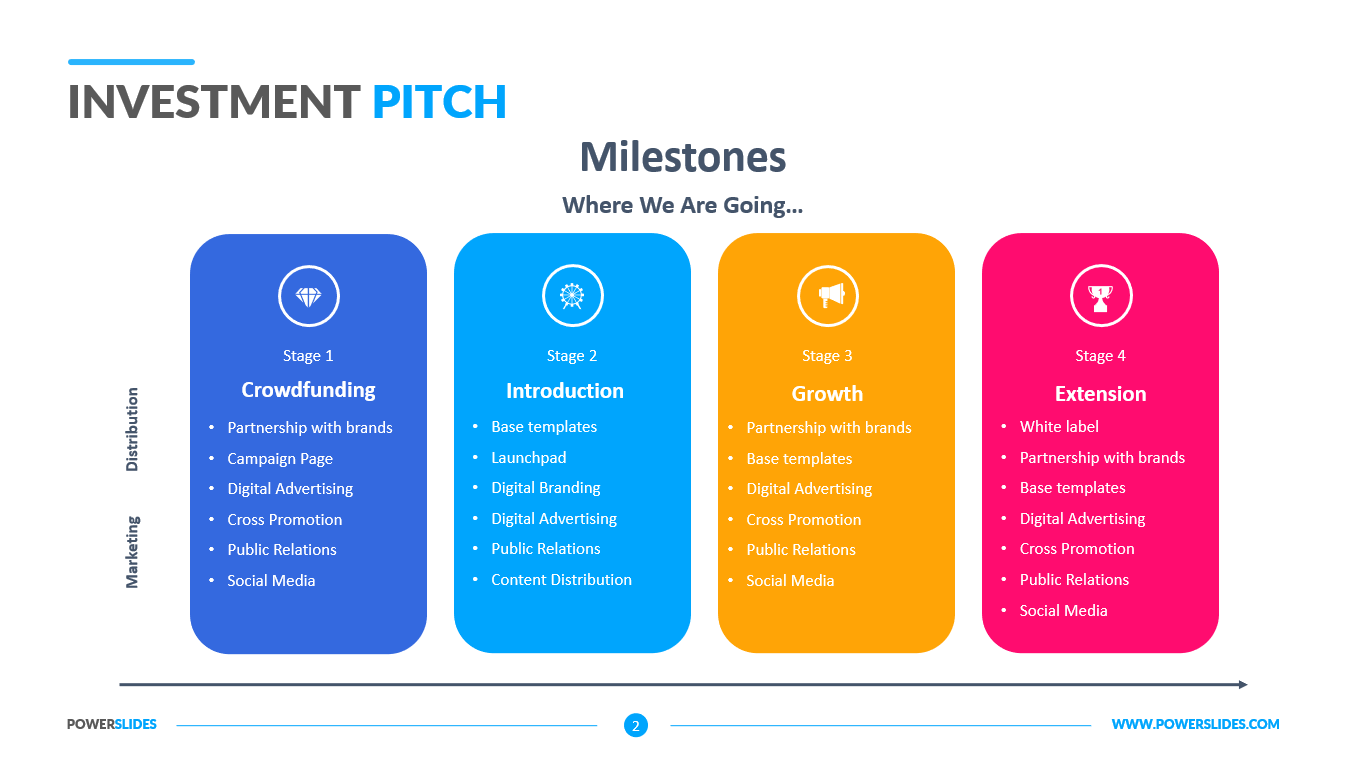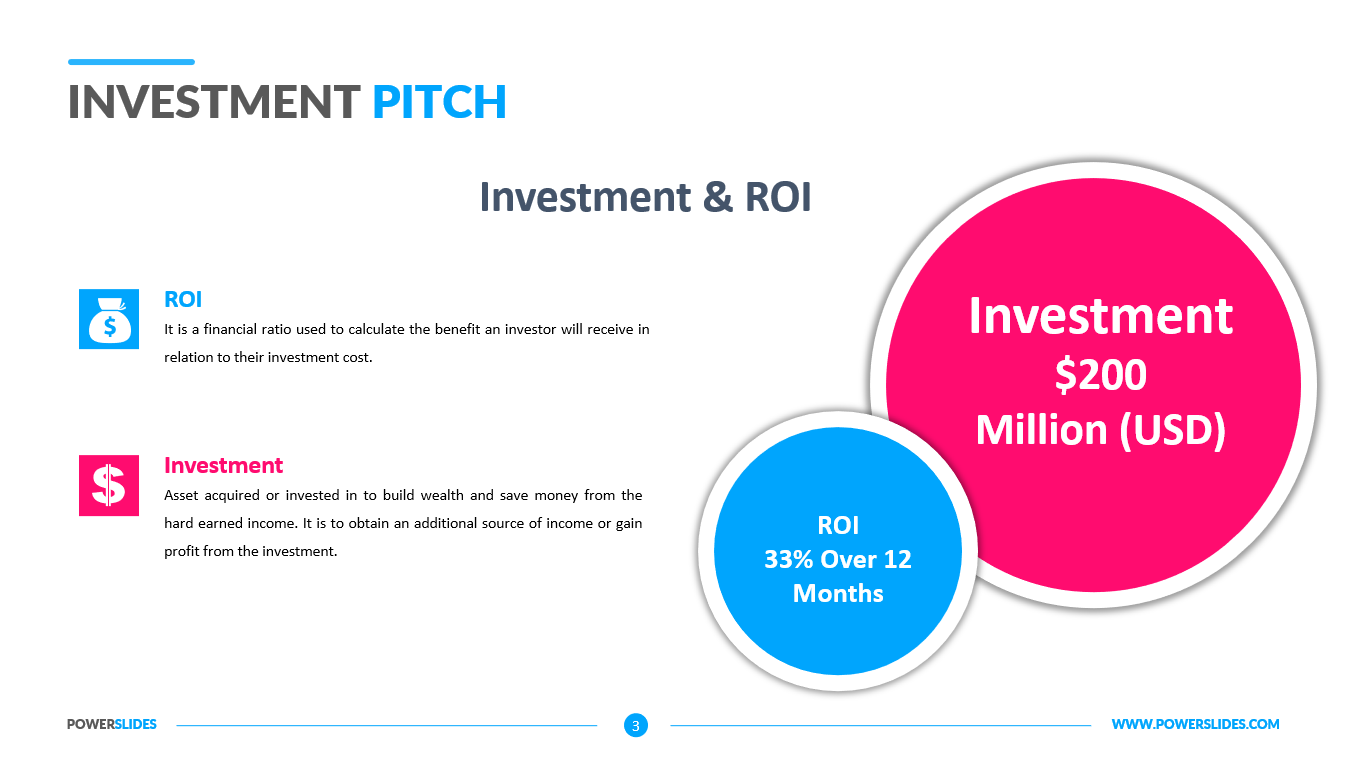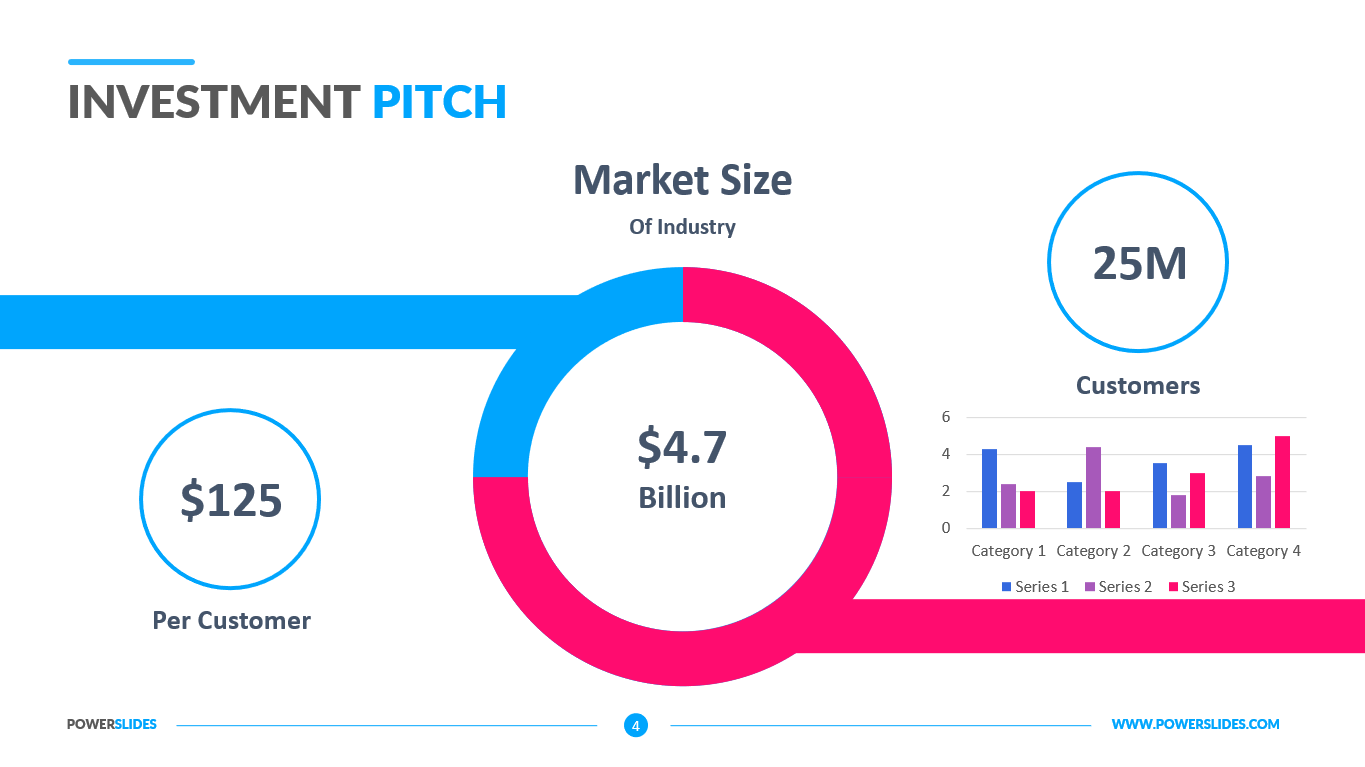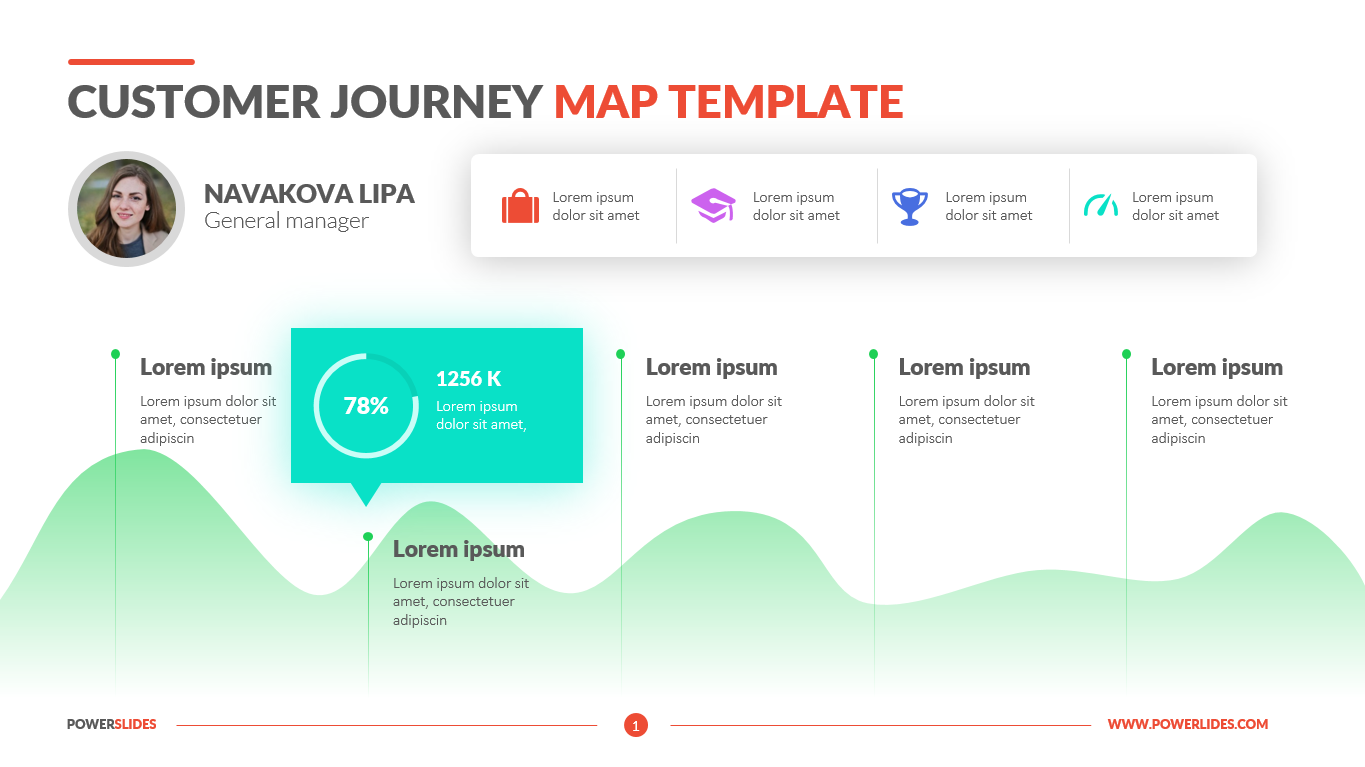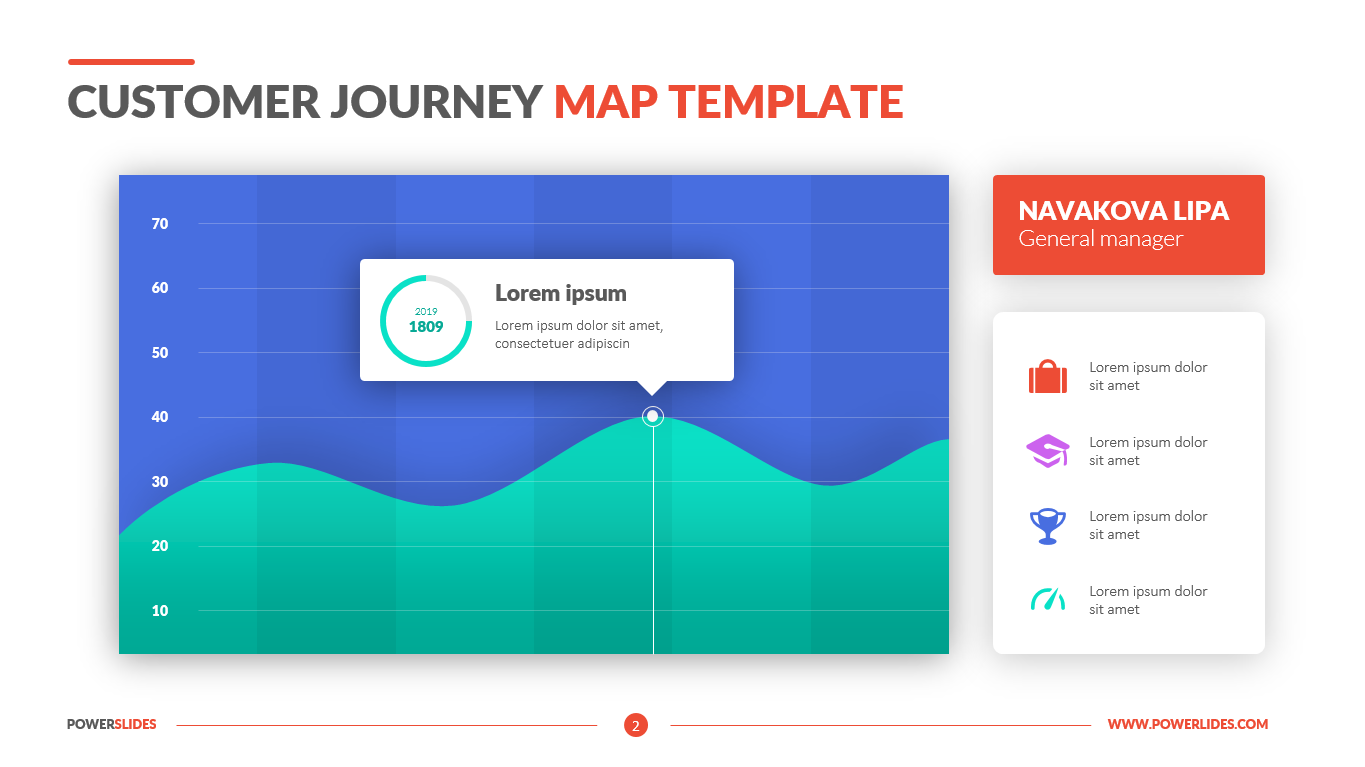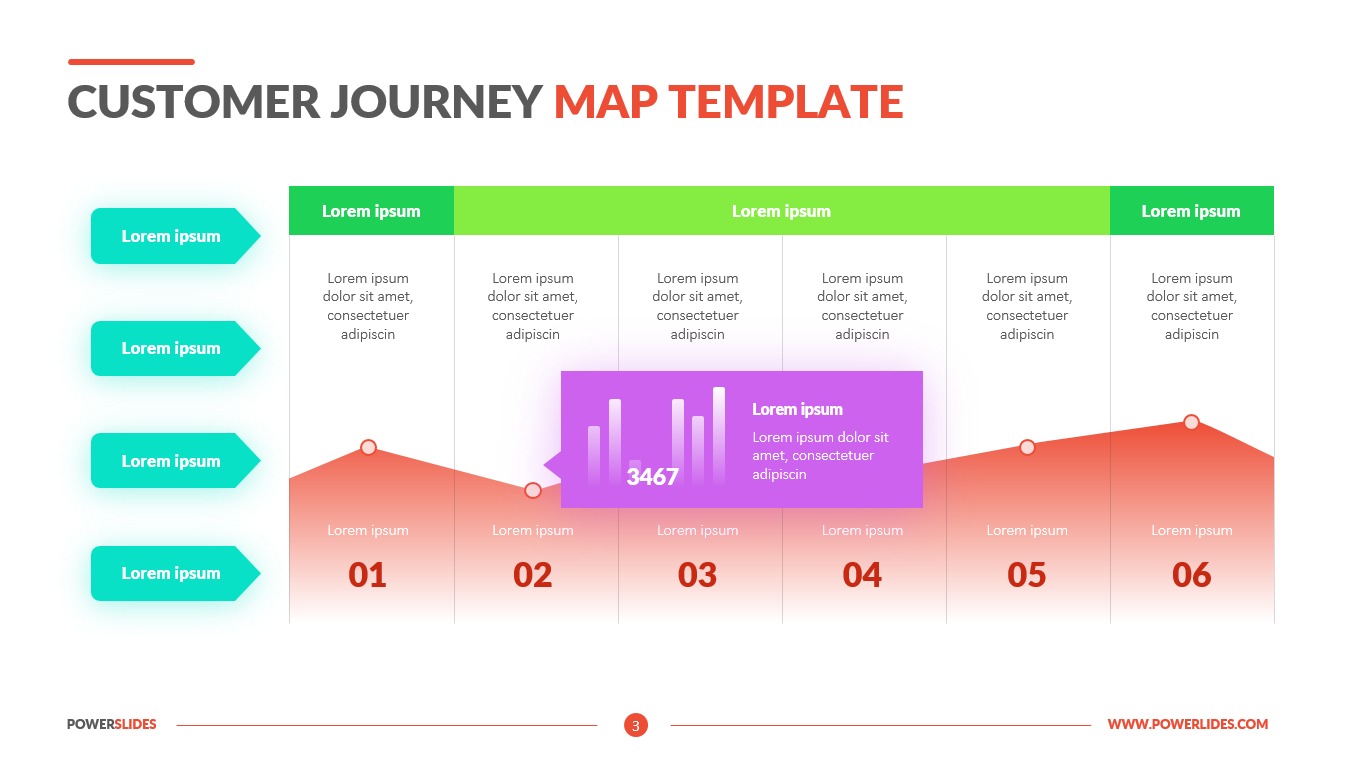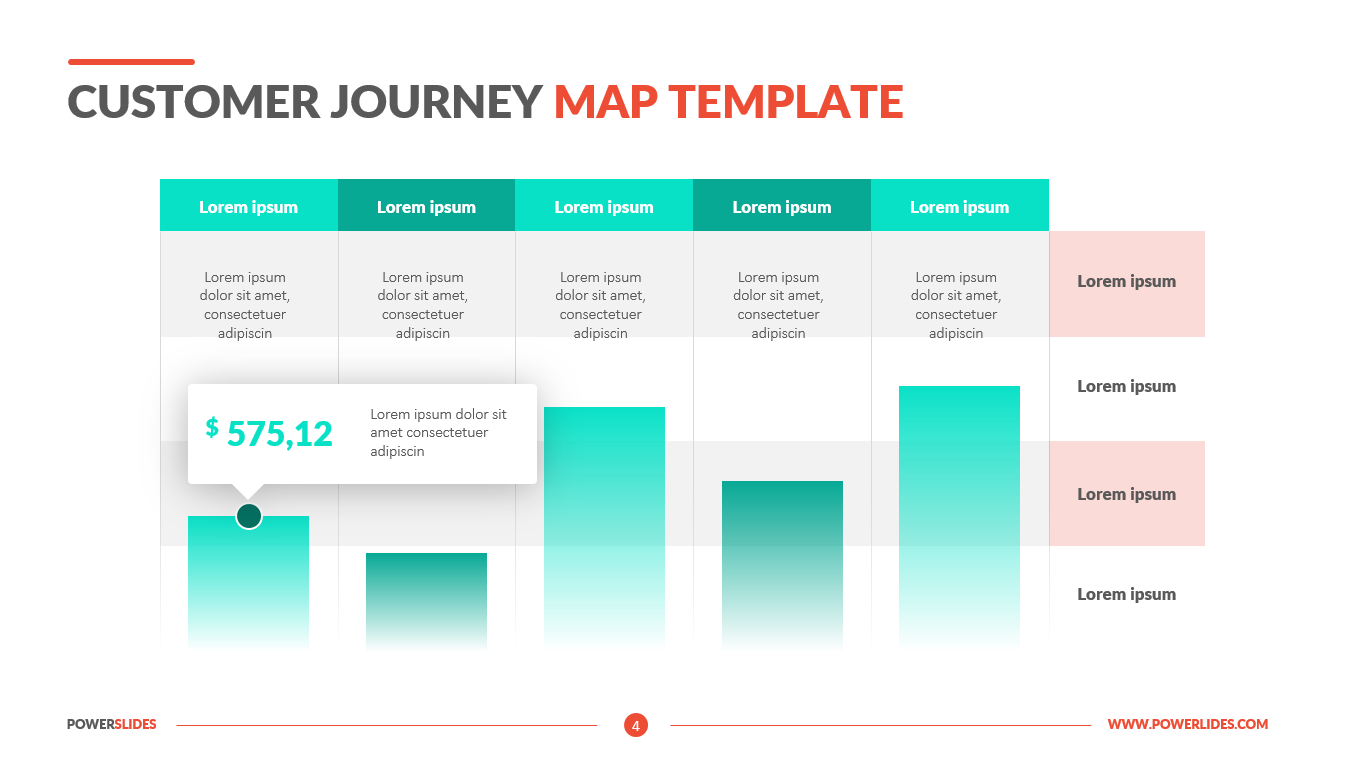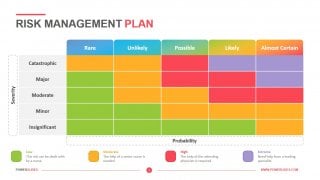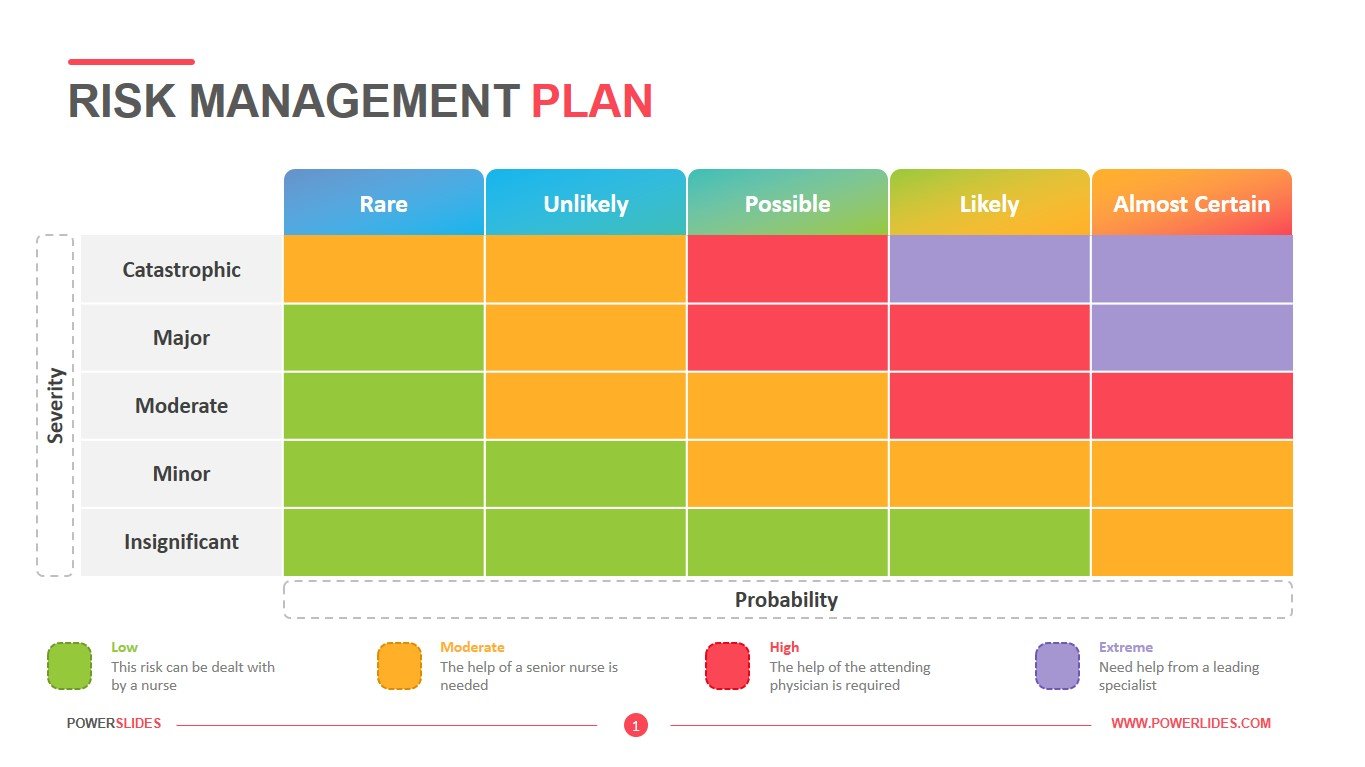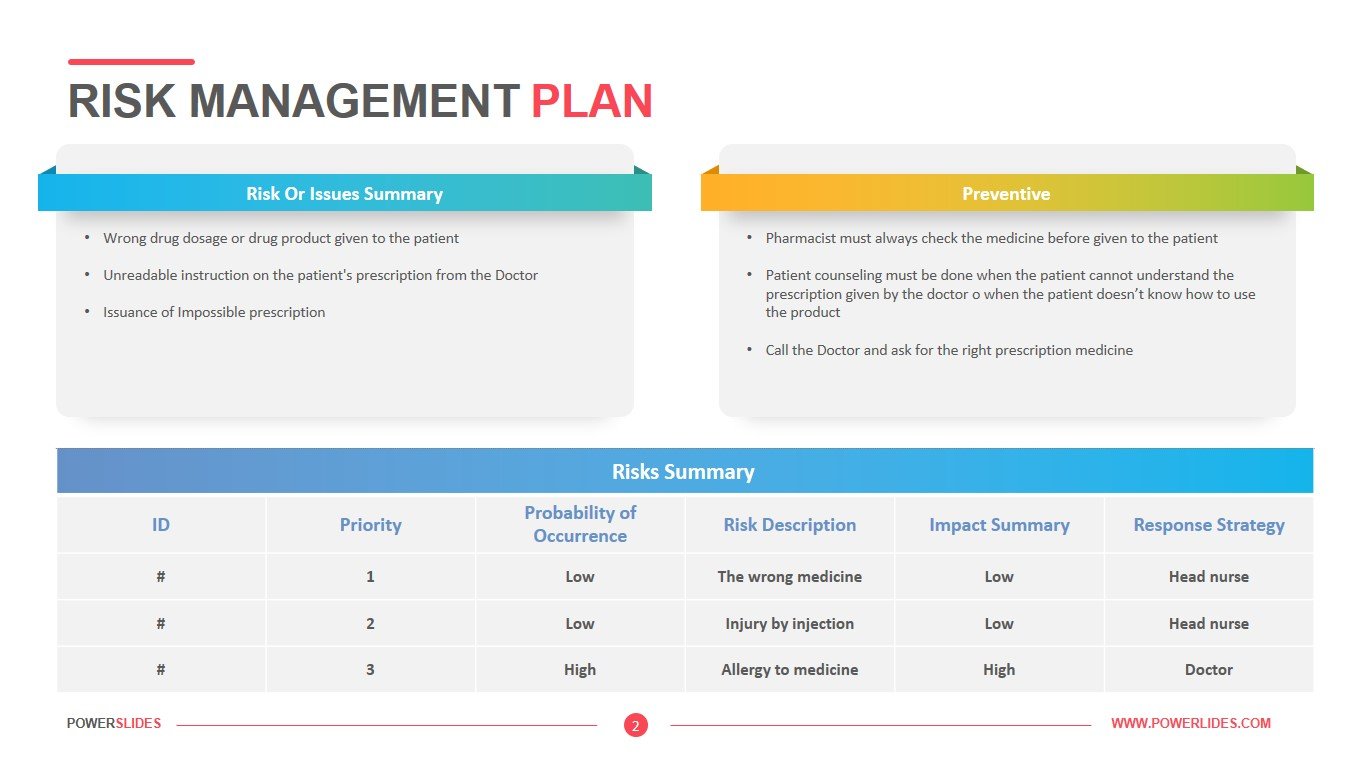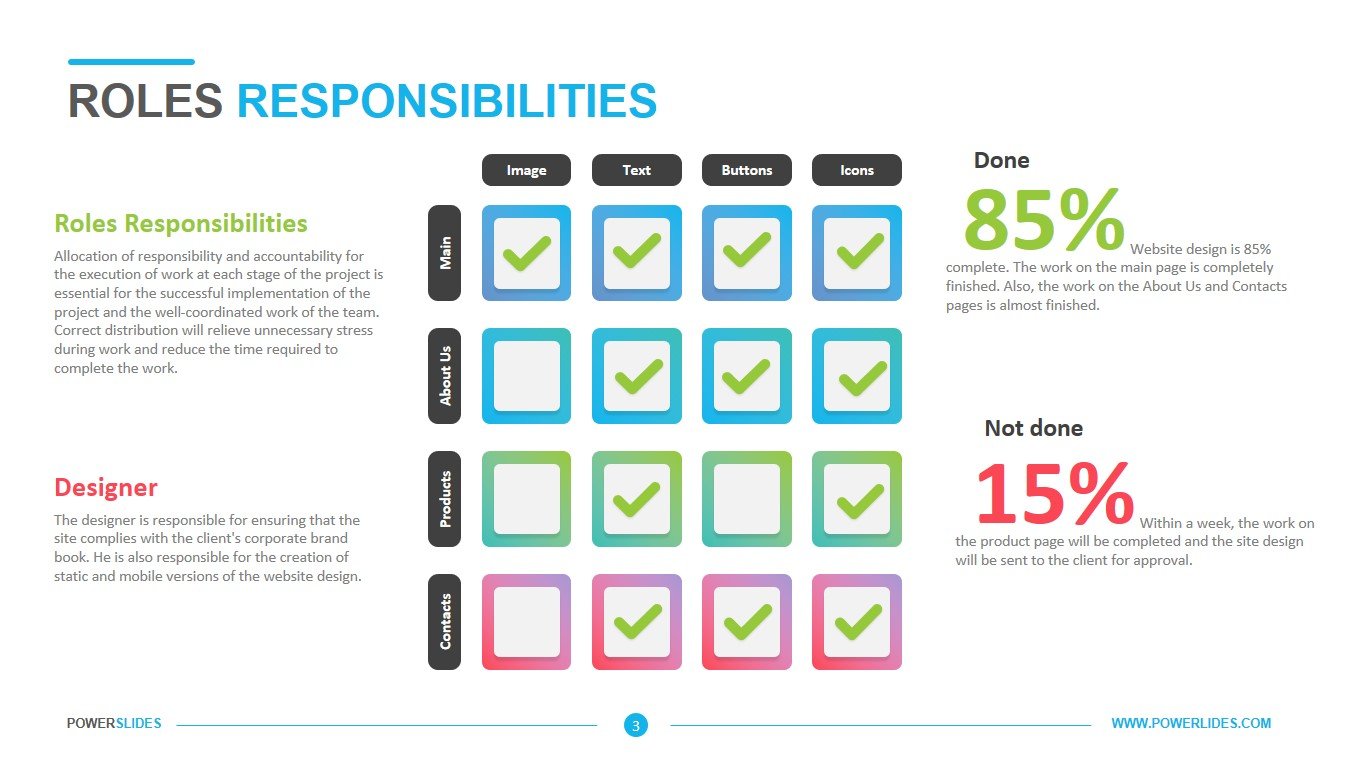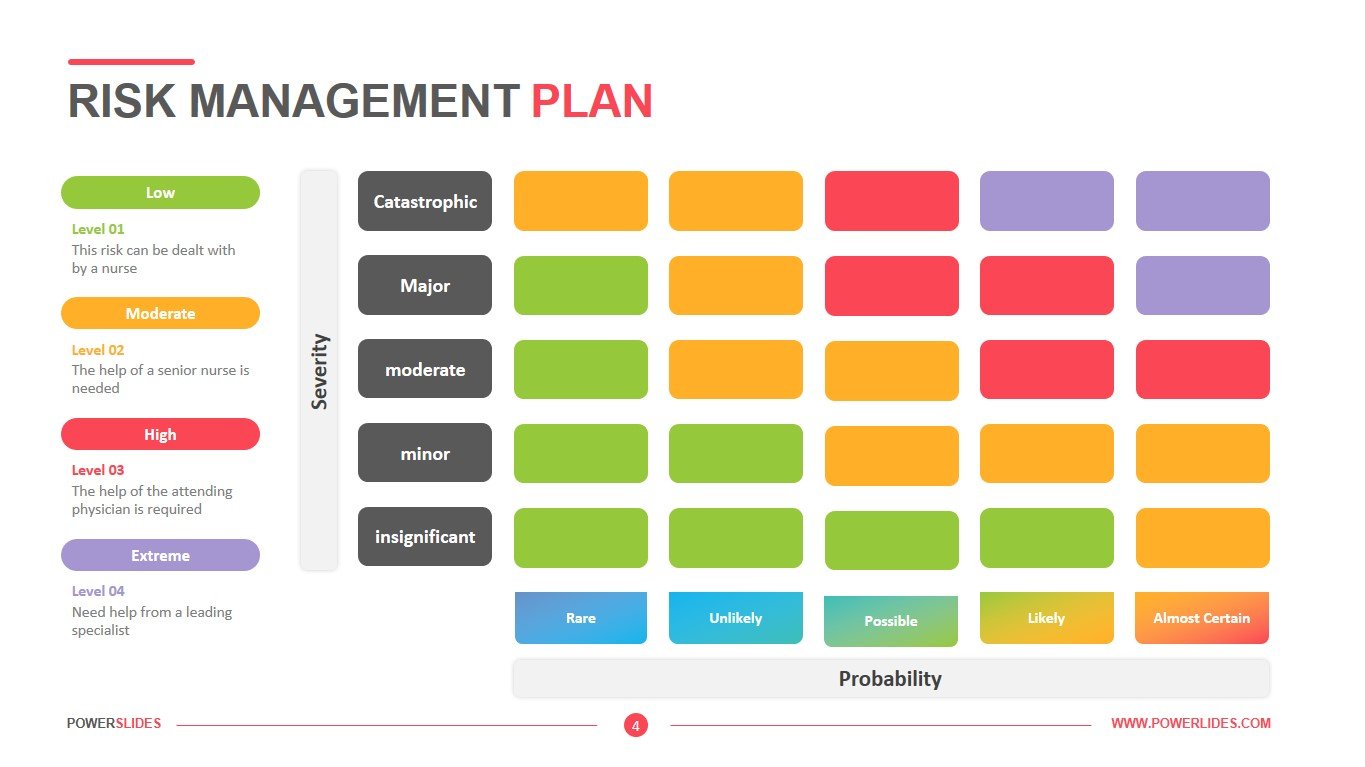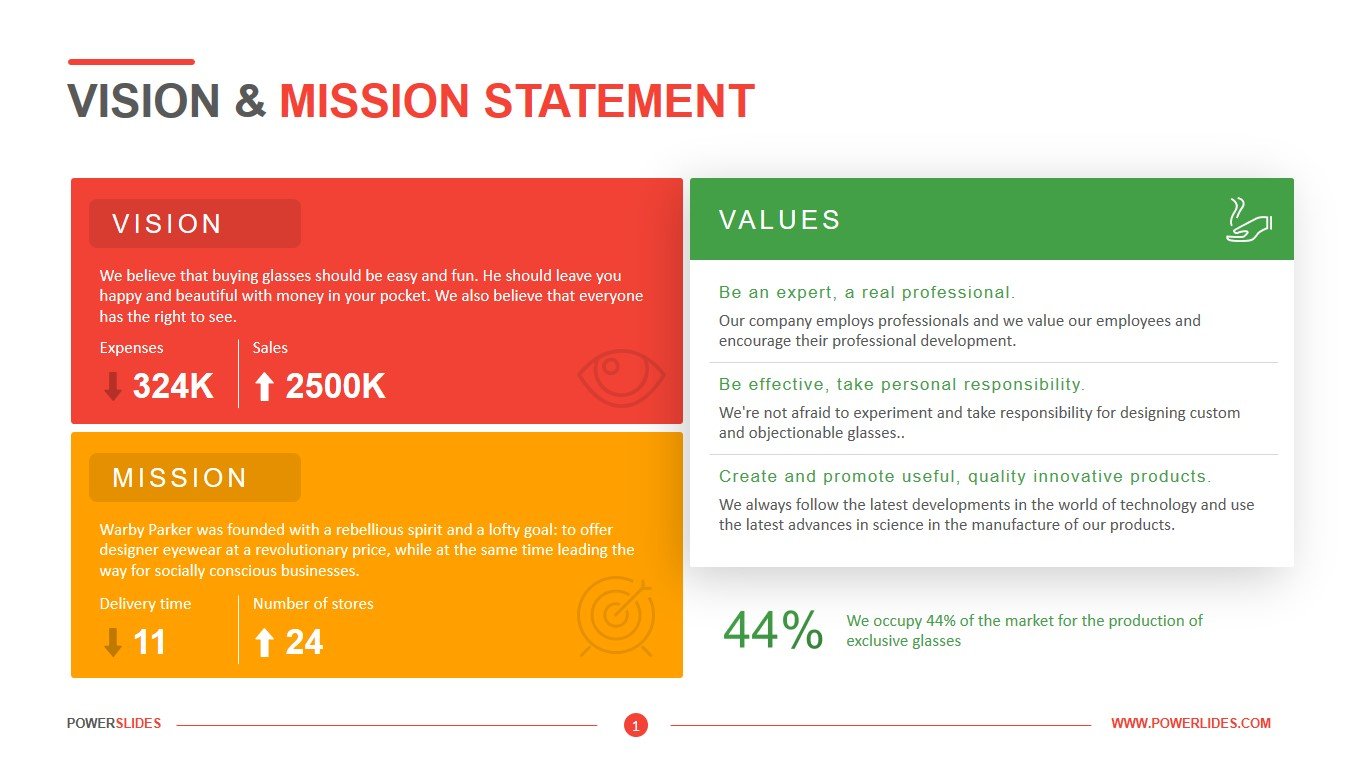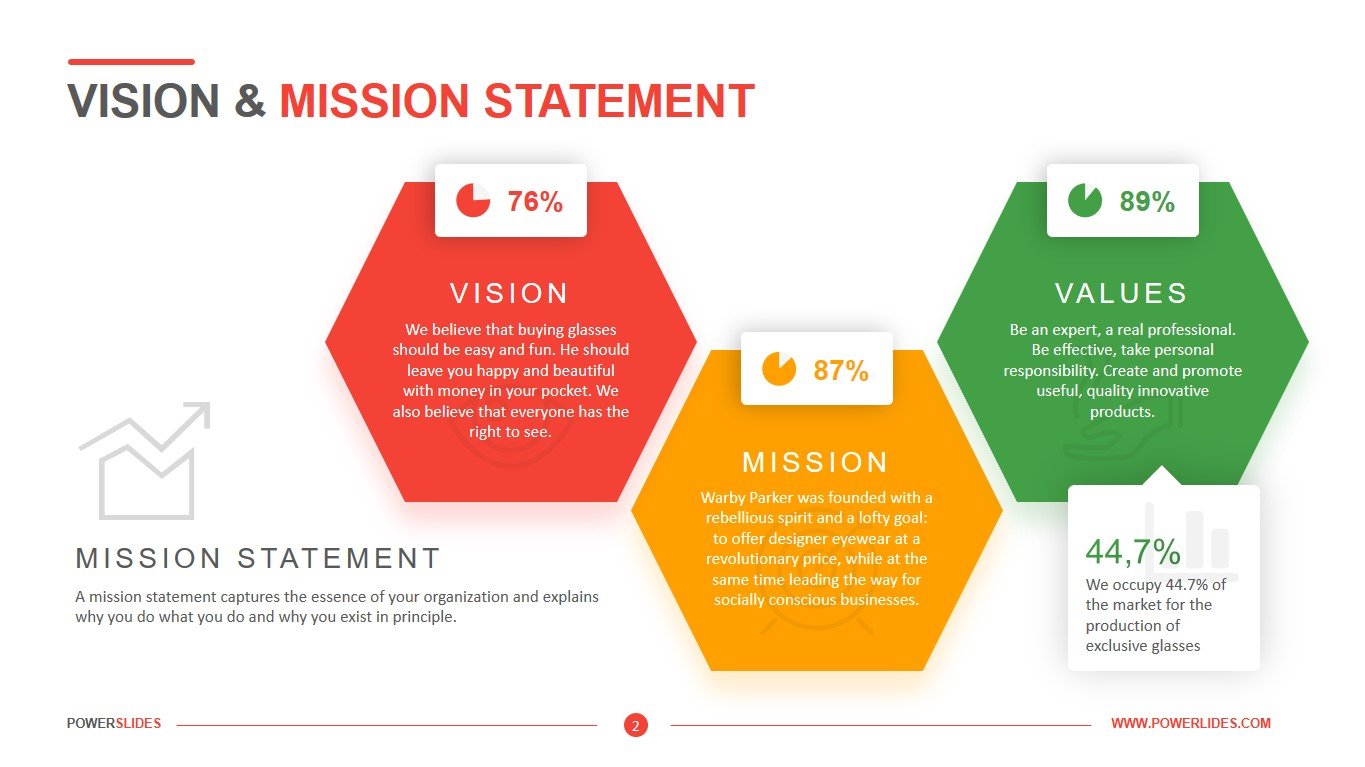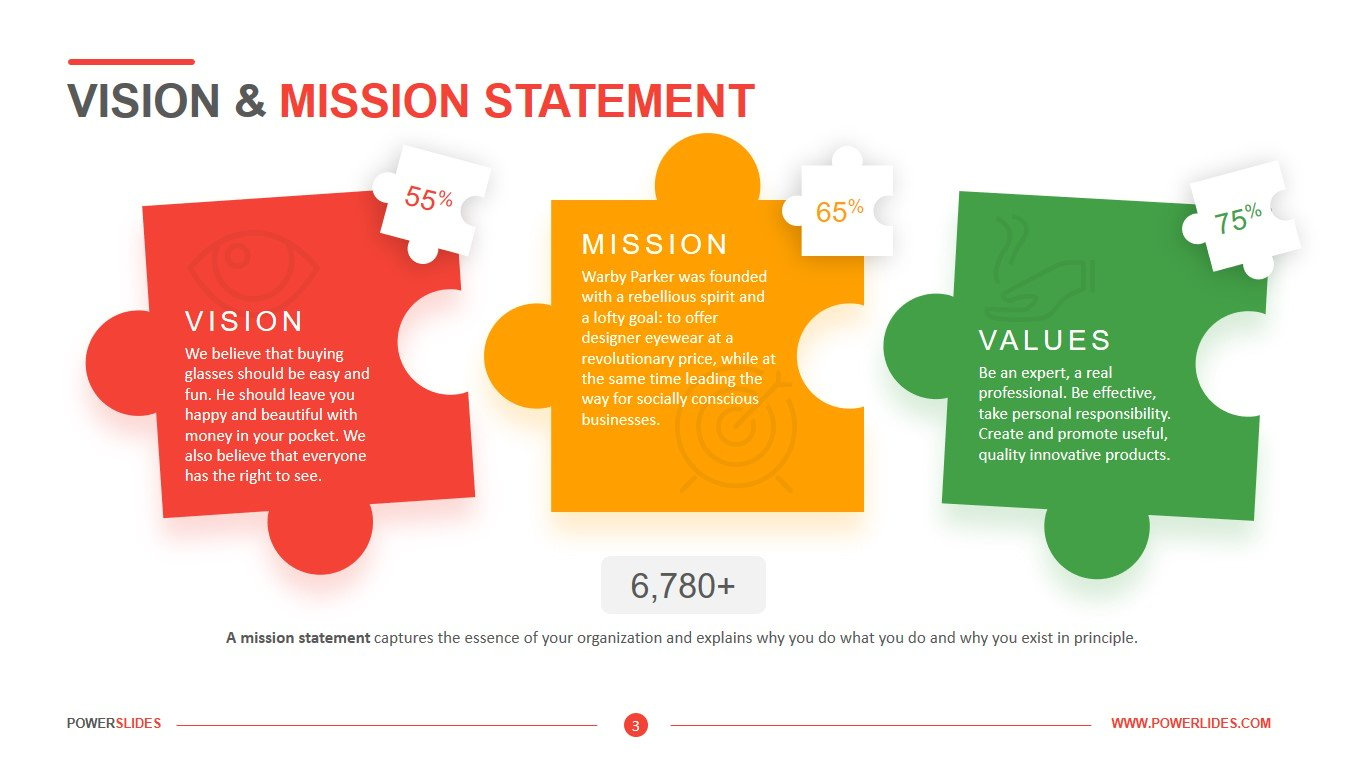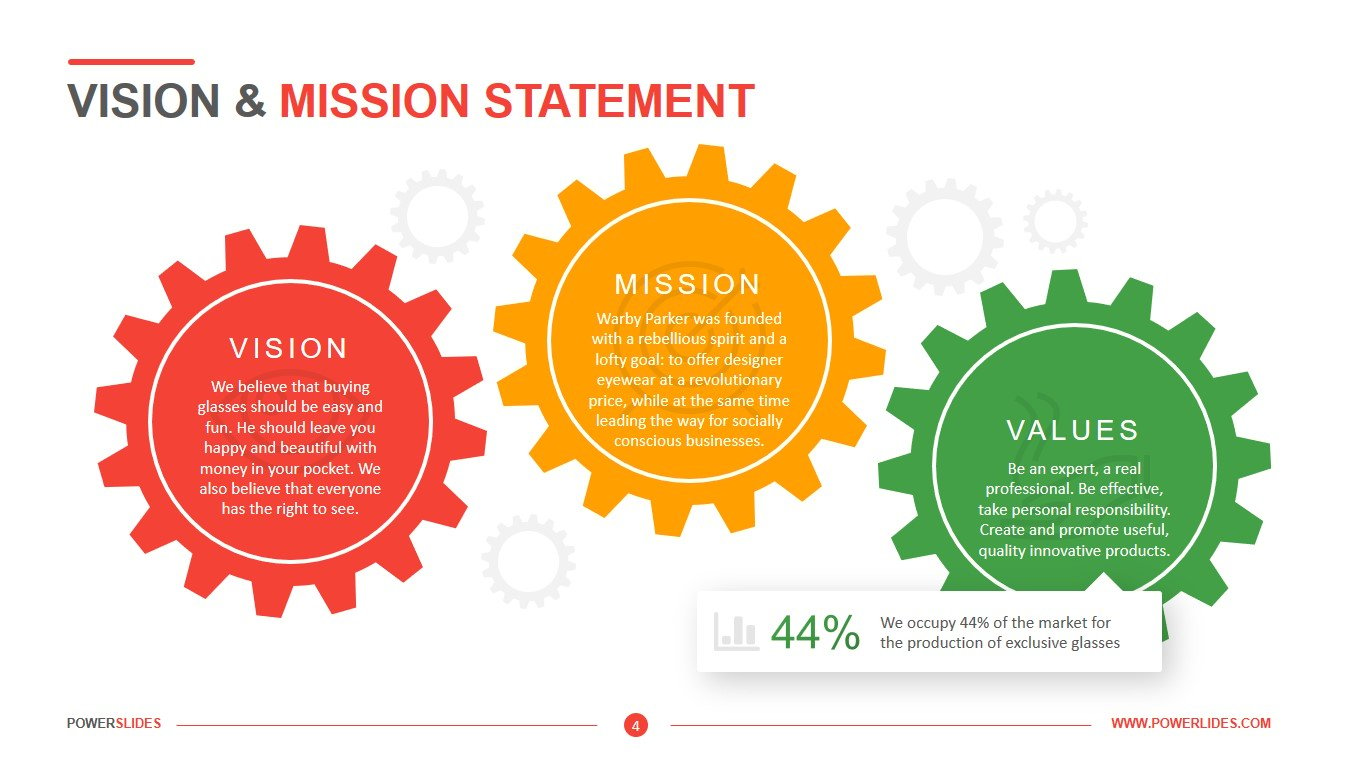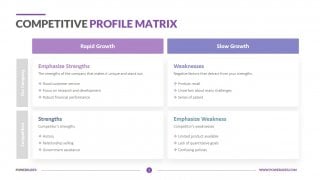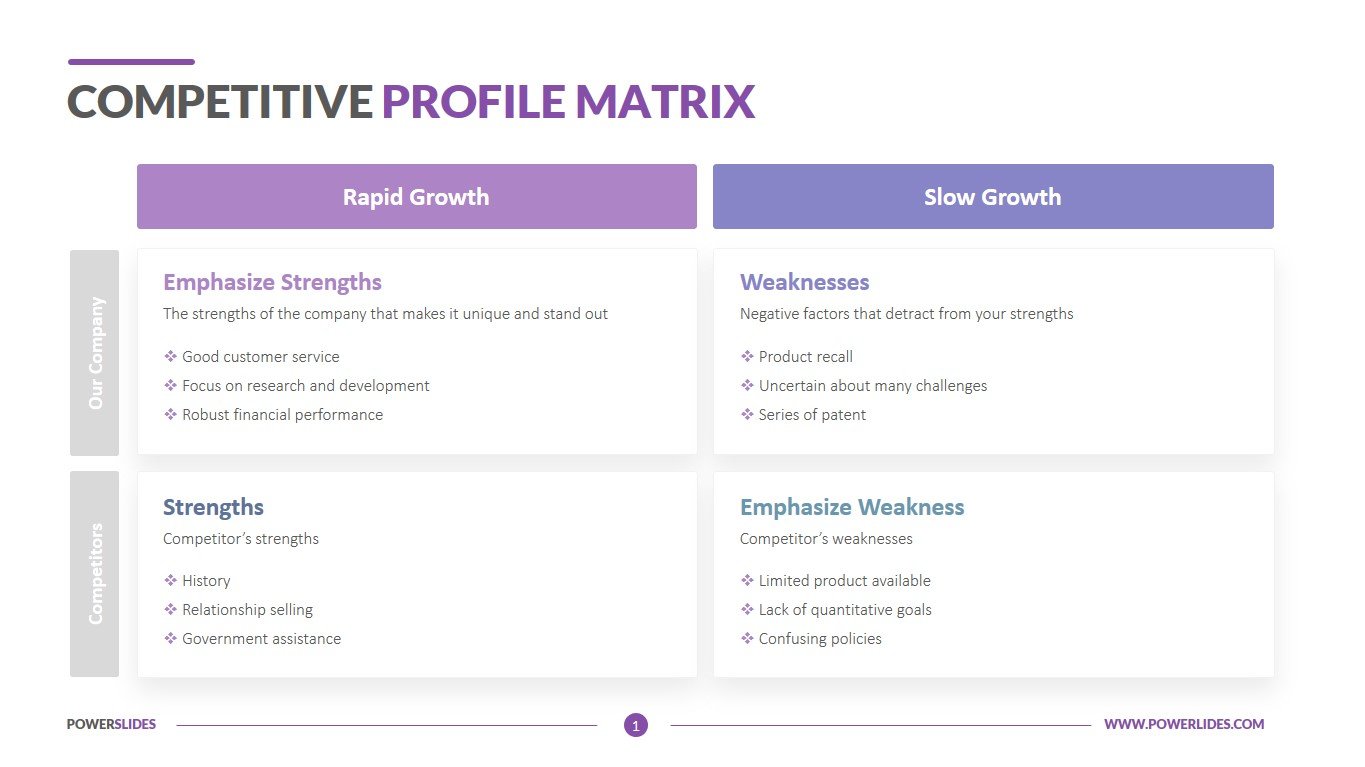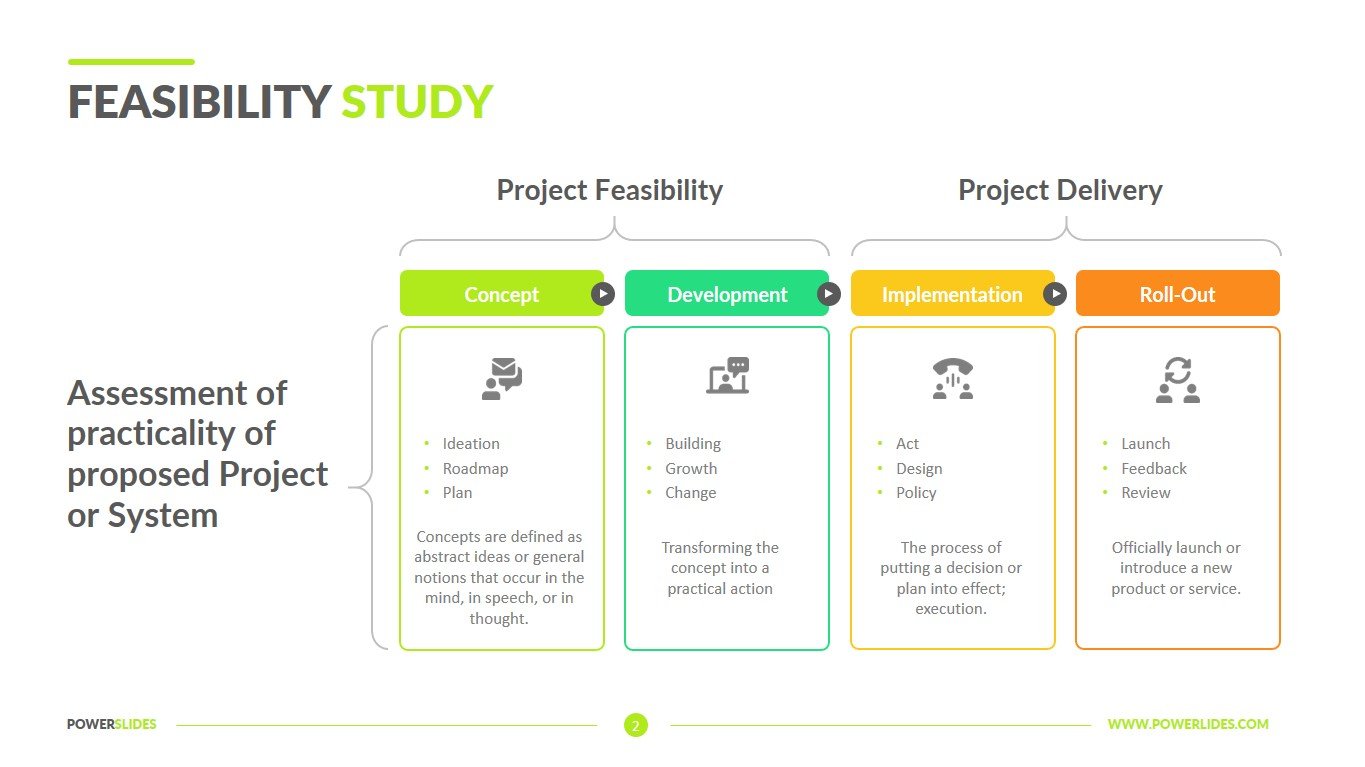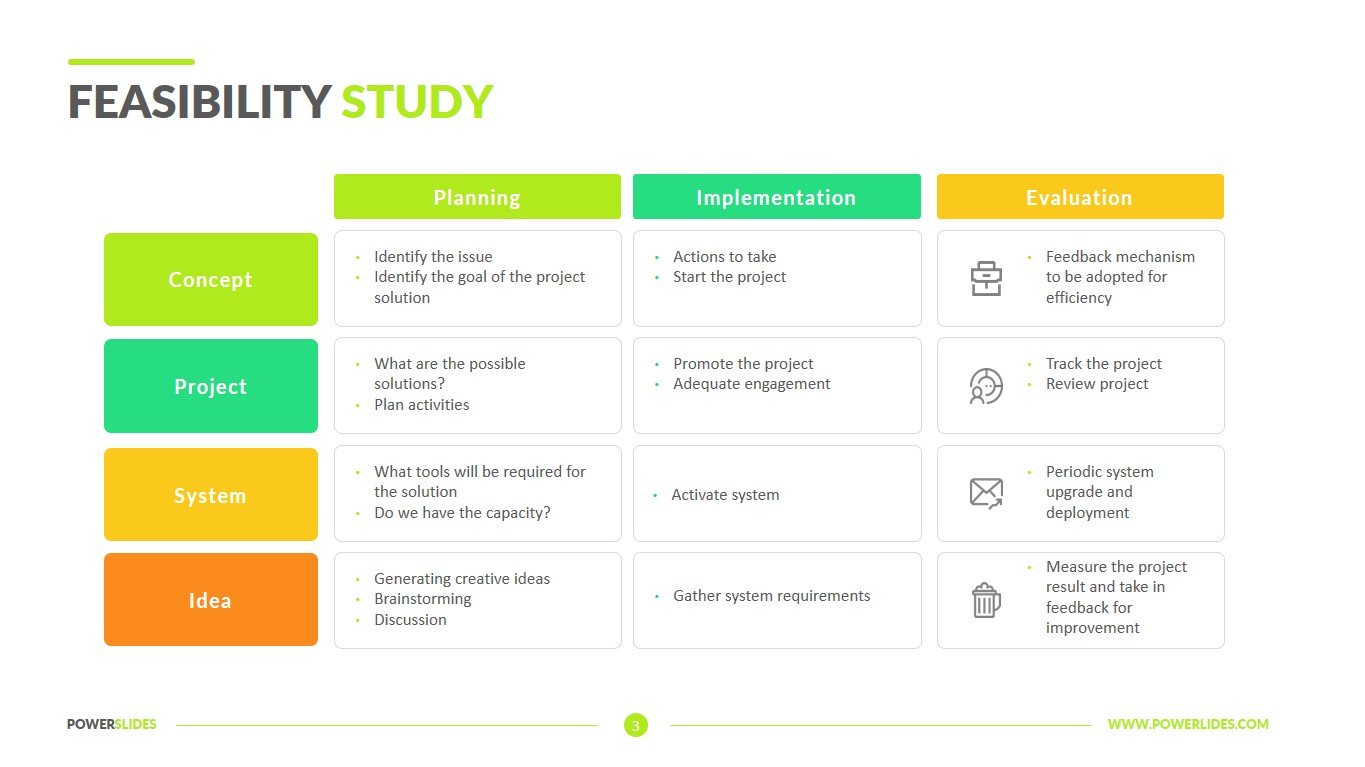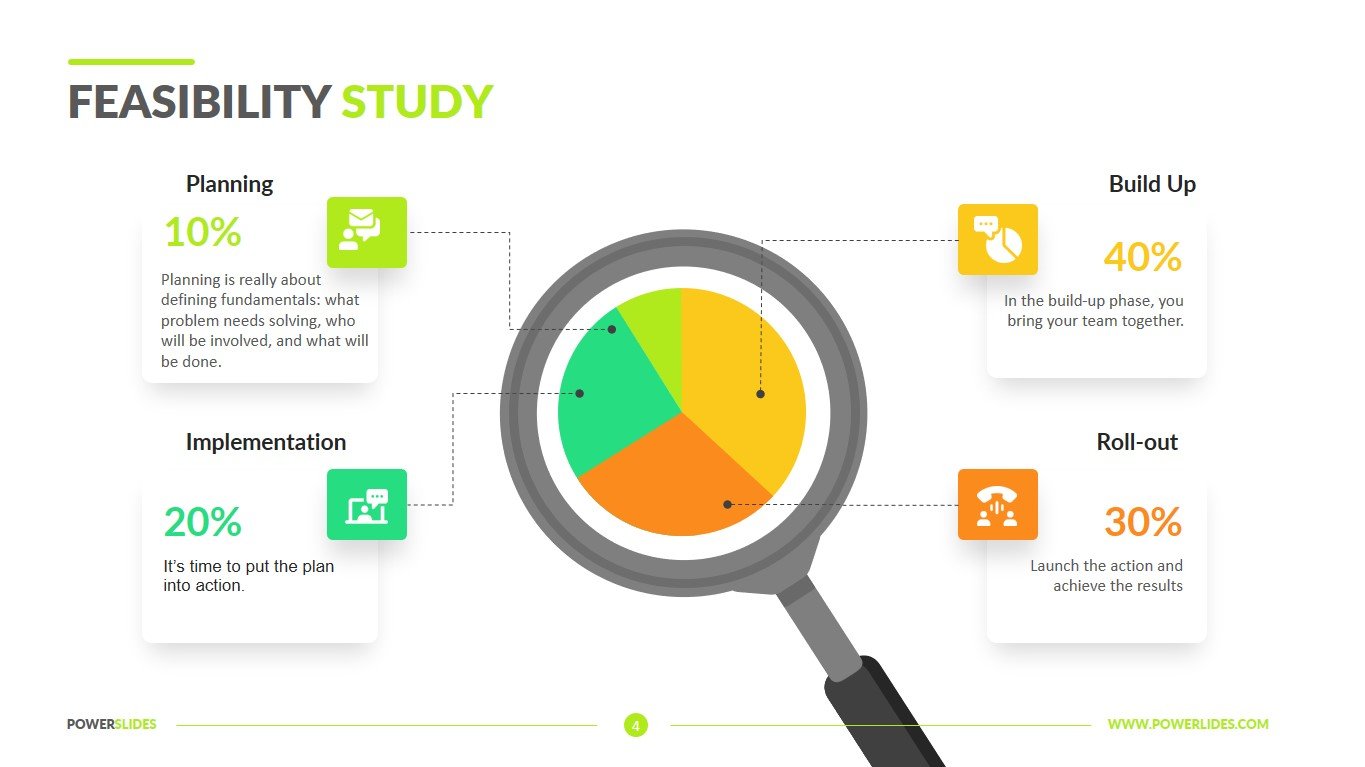Goals and Objectives
 4 Slides
4 Slides
 File size: 16:9
File size: 16:9 
 Fonts: Lato Black, Calibri
Fonts: Lato Black, Calibri  Supported version
PPT 2010, PPT 2013, PPT 2016
Supported version
PPT 2010, PPT 2013, PPT 2016
Product details
Goals can be somewhat abstract and big picture, but they set a wide, overarching target for the company to set their eyes on as a whole. Goals define the general intentions and ambitions of the business but can be difficult to measure. Setting goals is an important step of business planning, as a well-defined broad primary outcome will have an impact on areas including your mission statement, financial objectives, corporate culture and marketing strategy. Goal setting helps individuals and organizations motivate themselves towards a destination or achievement. In a positive work environment, developing lofty goals can boost employee engagement and create excitement that spurs action. Once a core goal is set, setting business objectives is the next step towards fostering a clear understanding of how to reach the desired outcome. The main difference between objectives and goals is that objectives are precise actions or measurable steps individuals and groups take to move closer to the goal. They are specific targets that typically have a time-bound schedule or timeline for completion. For example, a company may have a goal of becoming the most profitable advertising agency in the country. Objectives related to this goal might include increasing their new business sales by five percent each quarter, growing their market share by a set time frame, improving client retention rates by ten percent each month or adding two new products to their product line by the end of the fiscal year. Setting goals without assigning measurable objectives will likely lead to goals that never get accomplished. Creating objectives without a broad goal or target lacks meaning. Goals can seem impossible or overwhelming without breaking them down into measurable tasks with objectives. Many companies use the S.M.A.R.T. goal setting method to lay out specific objectives towards reaching each goal. Whether you are self-employed, have a small business or are part of a large organization, your goals need to be supported with precise objectives. S.M.A.R.T goals are specific, measurable, attainable, relevant and timely. Once you’ve established your business goals and mapped out specific objectives, you have to measure your progress towards them to stay on track towards your targets. Teams often use a variety of goal-tracking methods, tools and software to help measure progress towards specific outcomes and increase accountability of tasks.
Goals & Objectives template contains all the necessary tools to build project goals. The first and third slides allow you to use target infographics that symbolize the accuracy of the goals and their achievability. The next slide is presented as a roadmap on which you can indicate your main goals. This template will be useful for planning managers, project managers, logistics and purchasing managers. The last slide is presented in the form of a puzzle, which symbolizes the achievement of the task only by joint and team actions. Project Goals template can be used by startups, business coaches, development team leaders. All slide of this template are editable depending on your needs.



 (4.50/ 5)
(4.50/ 5)




